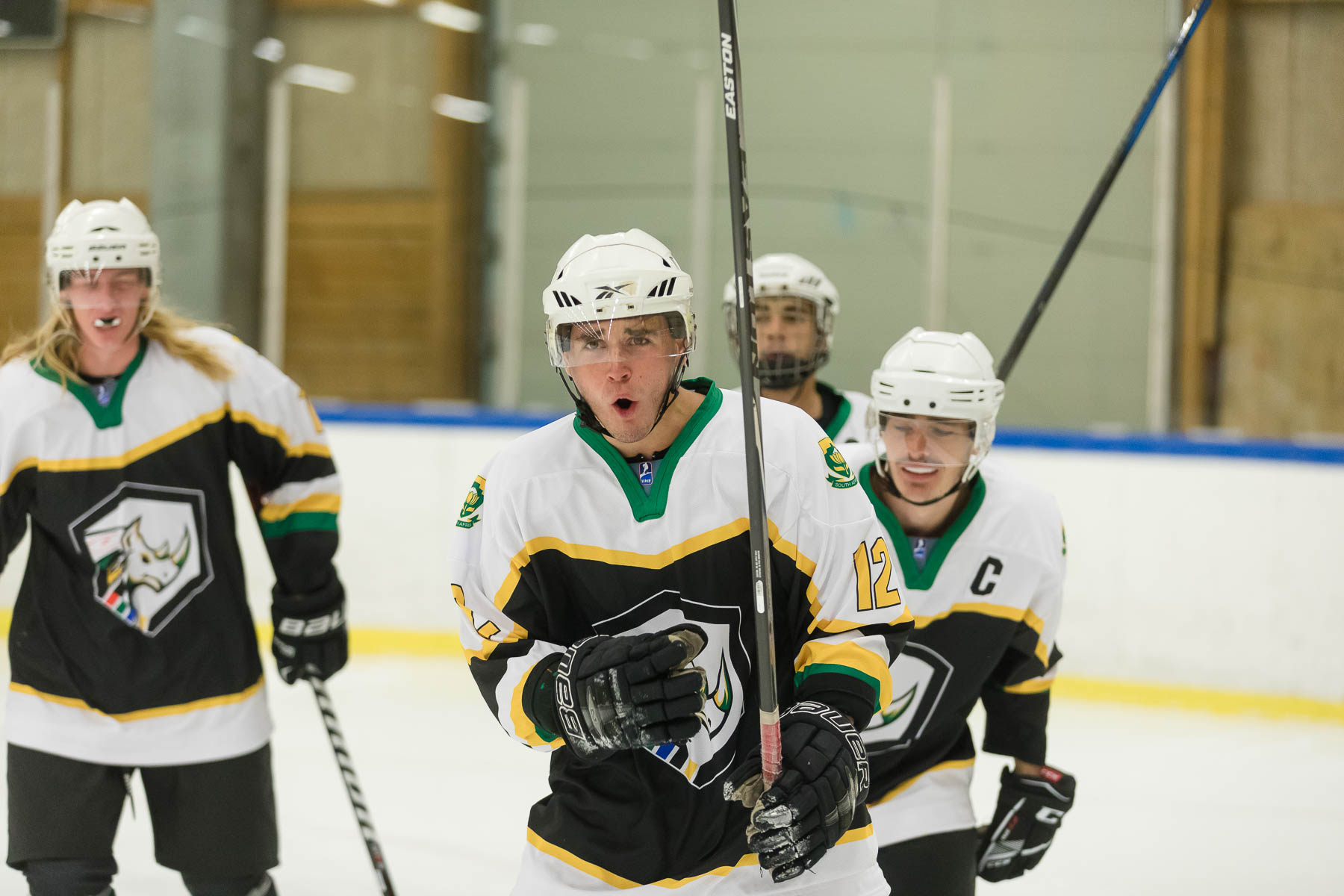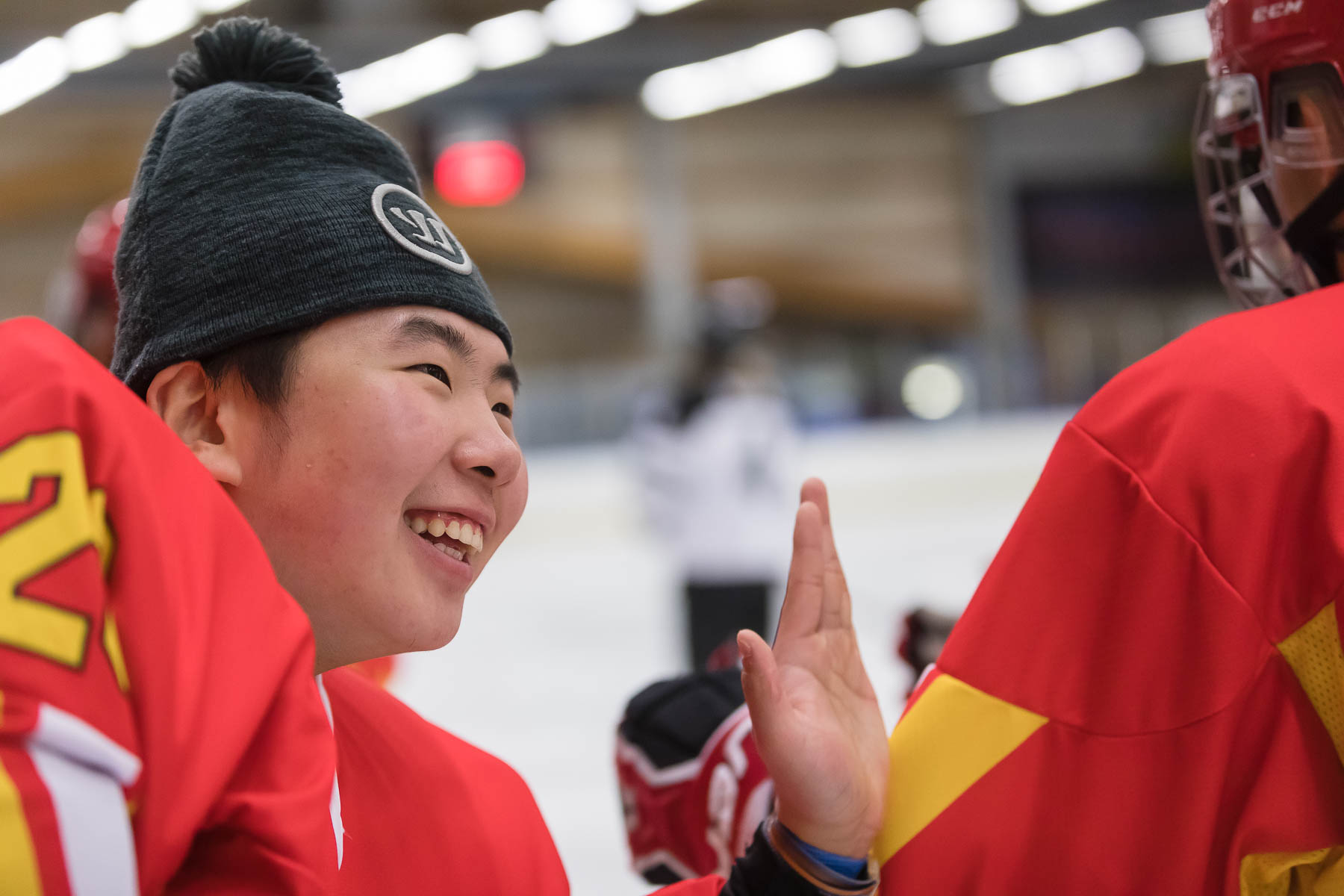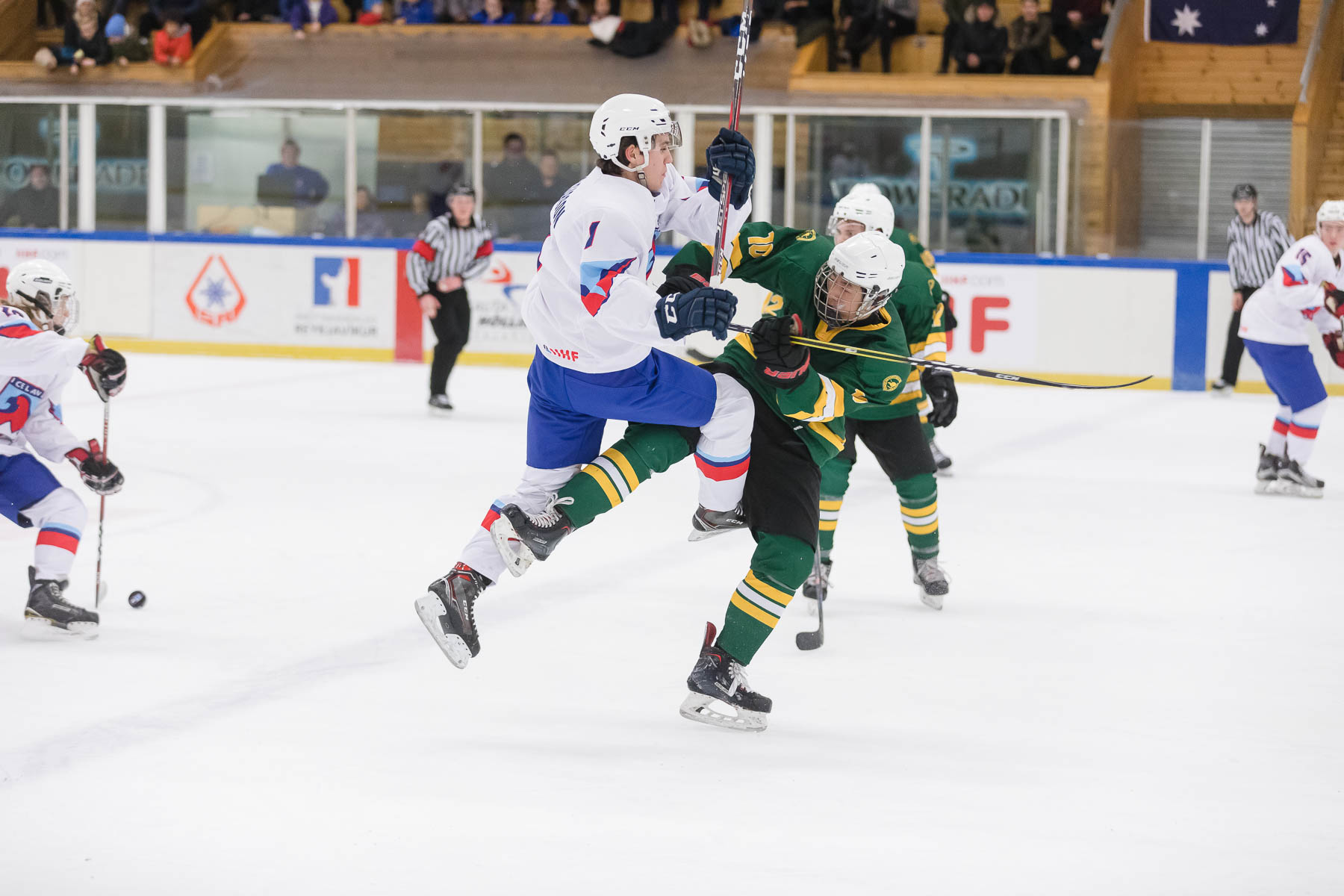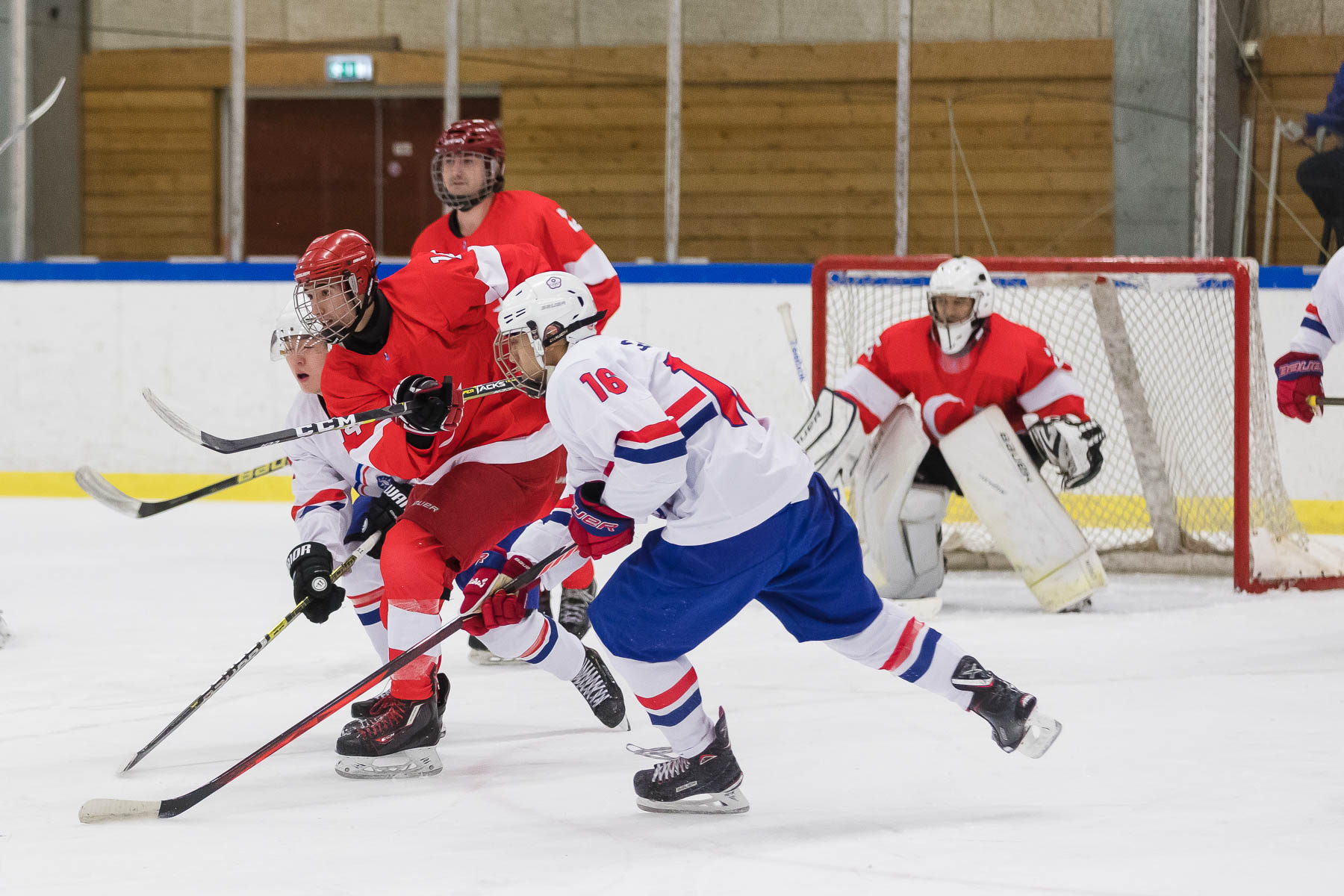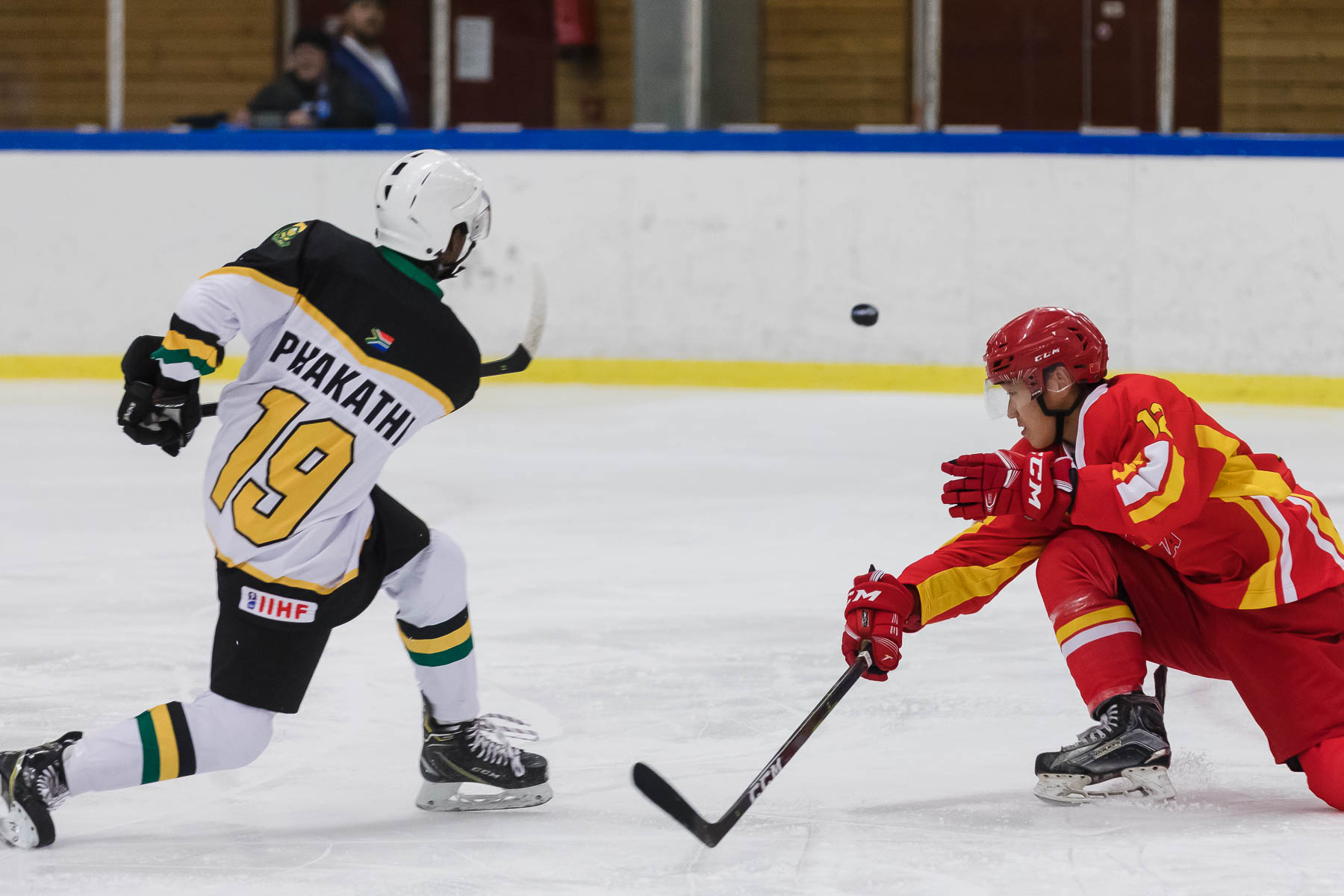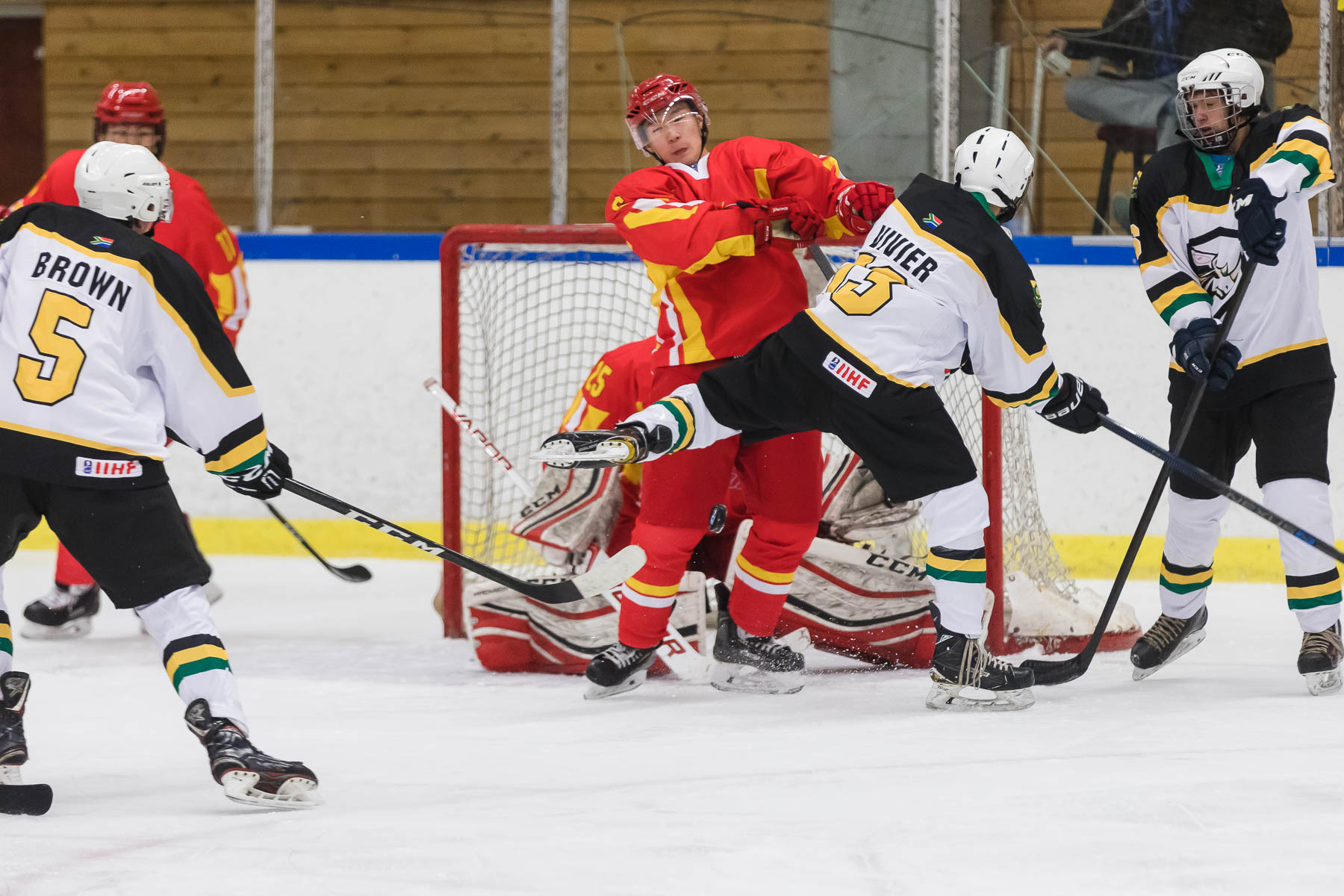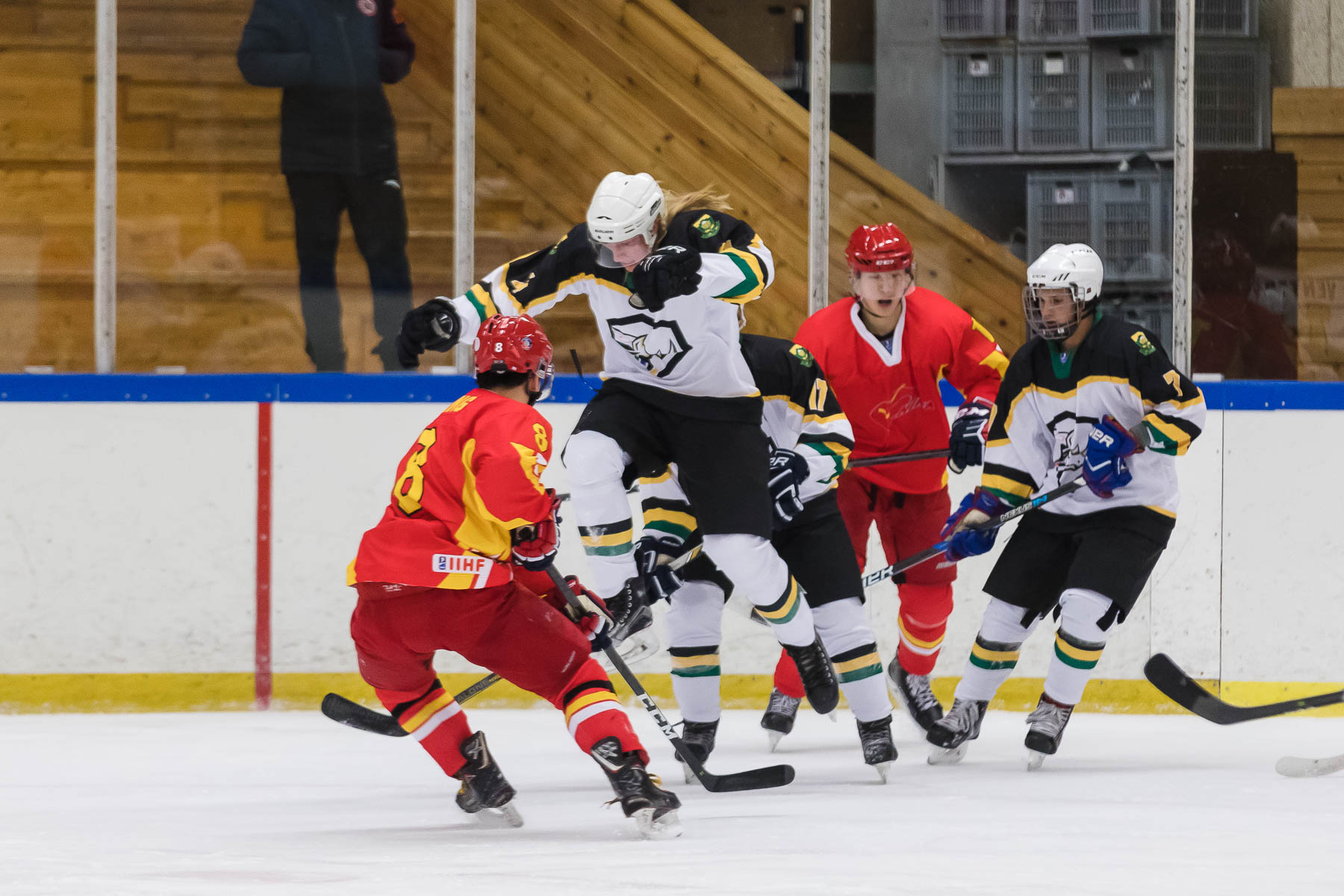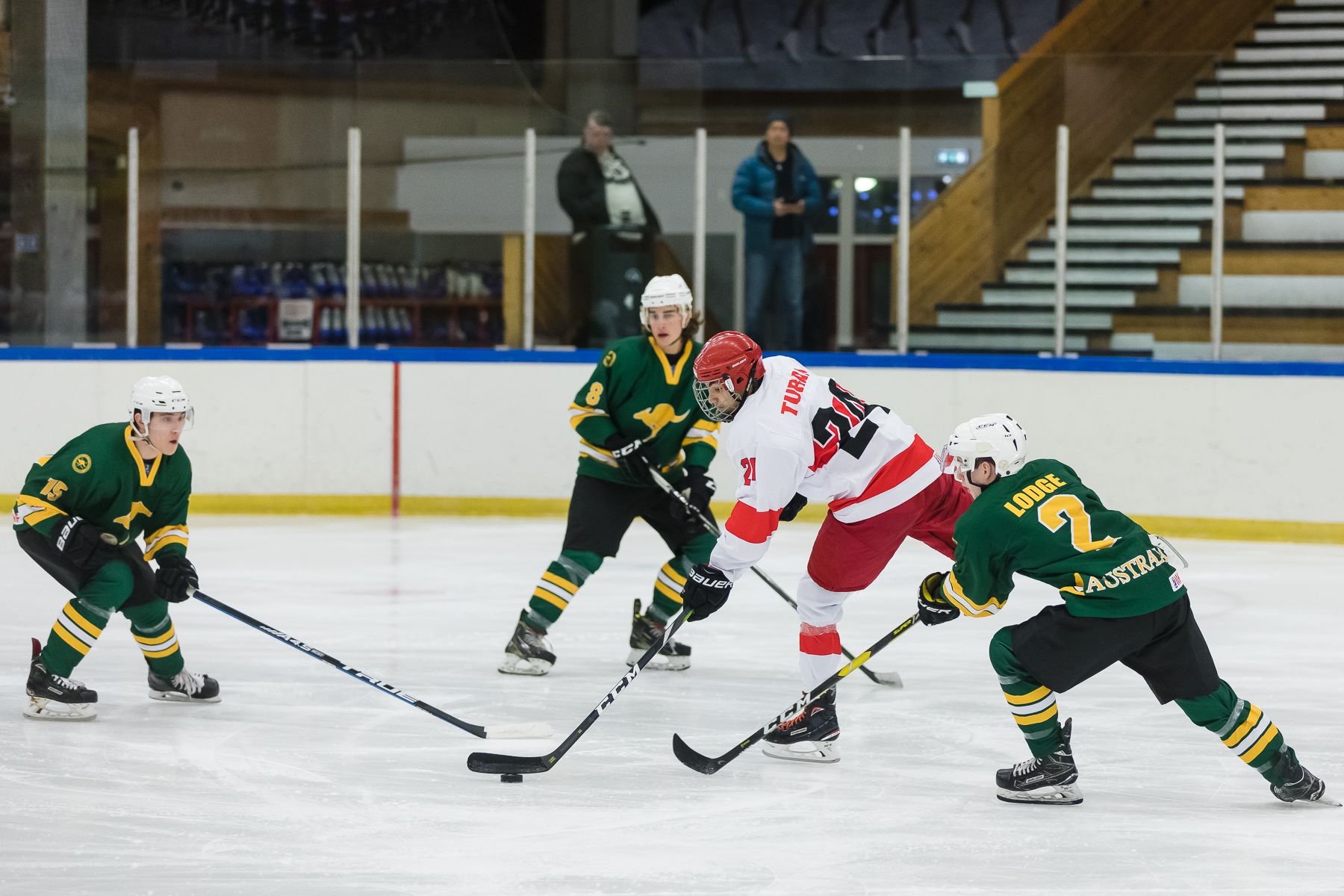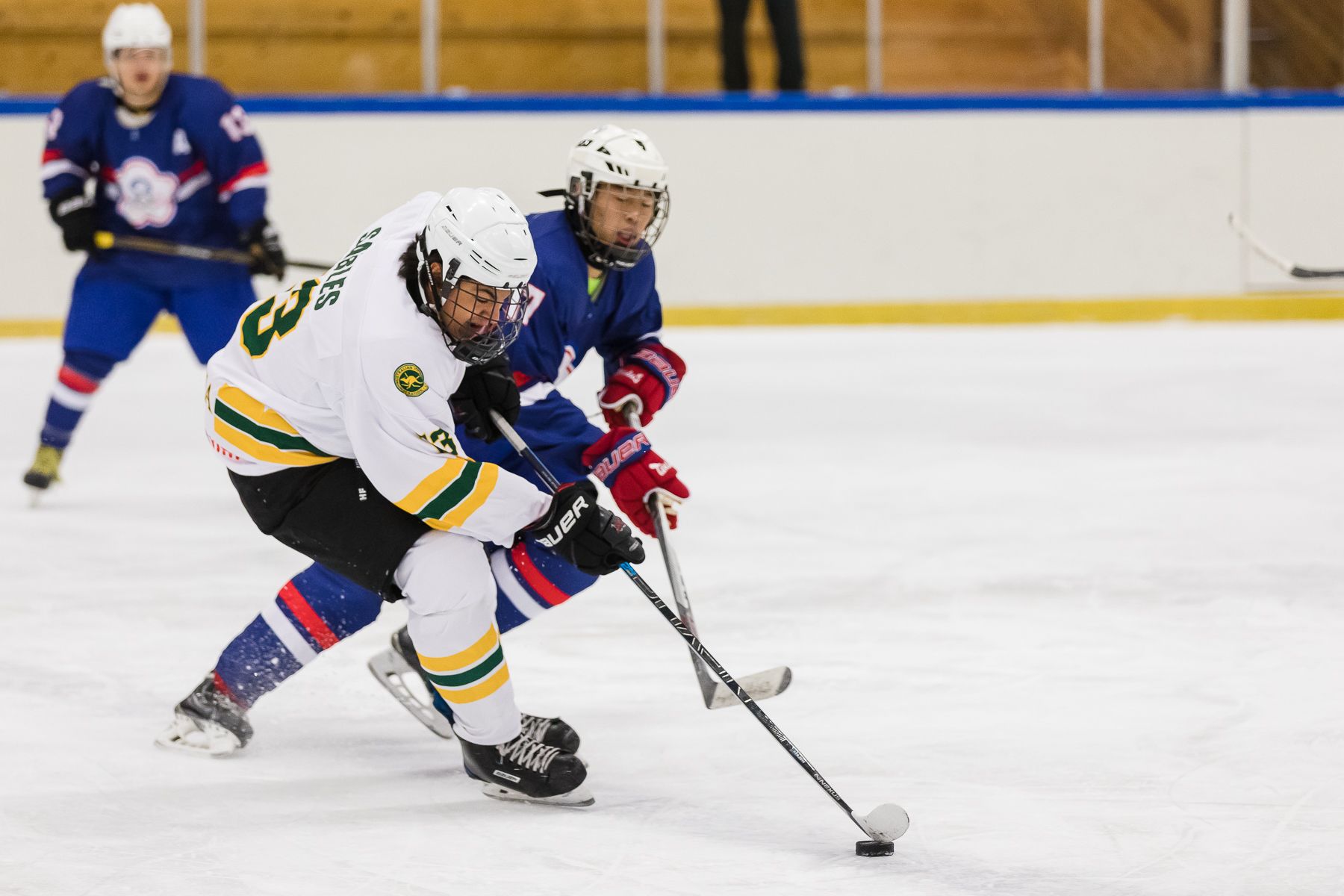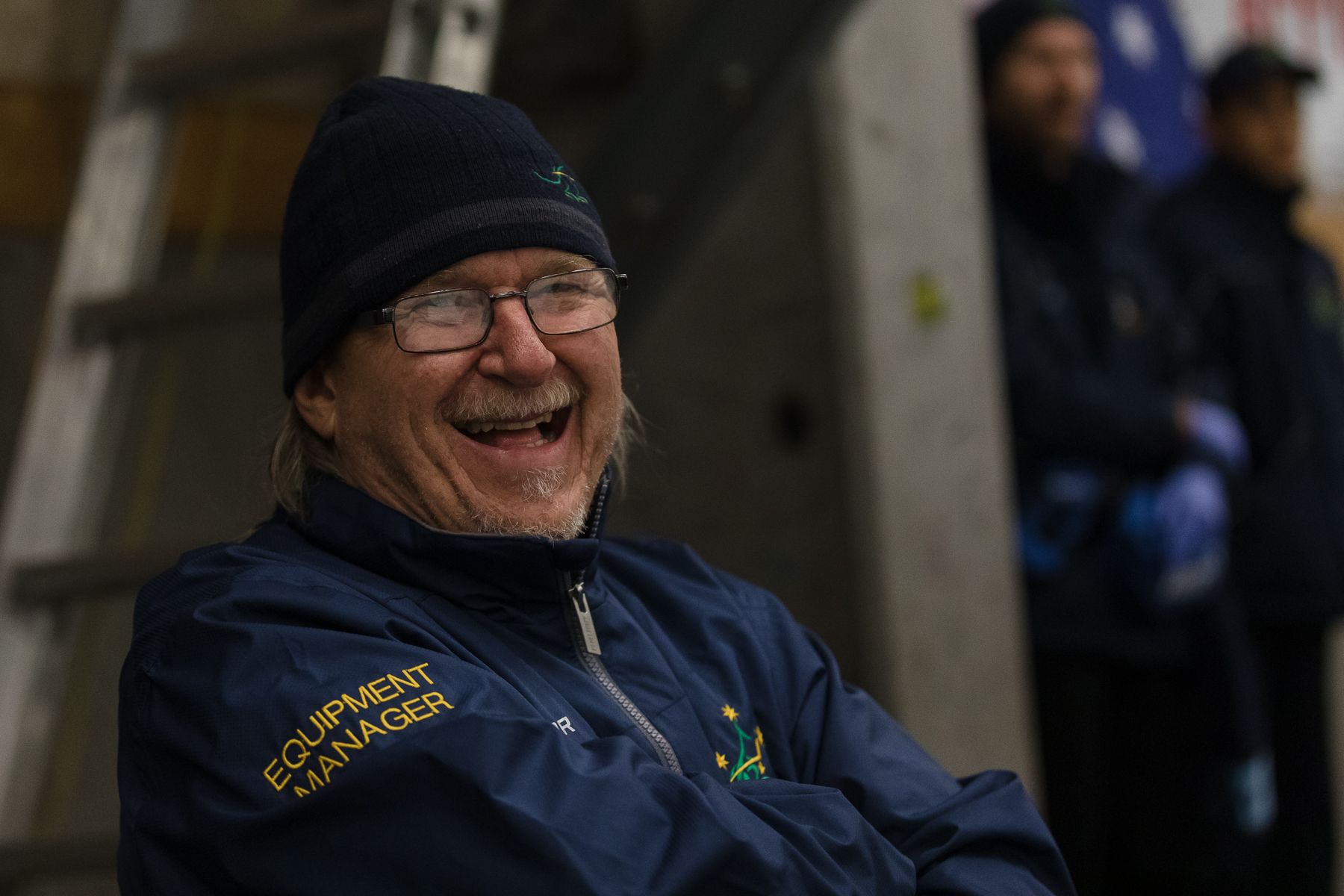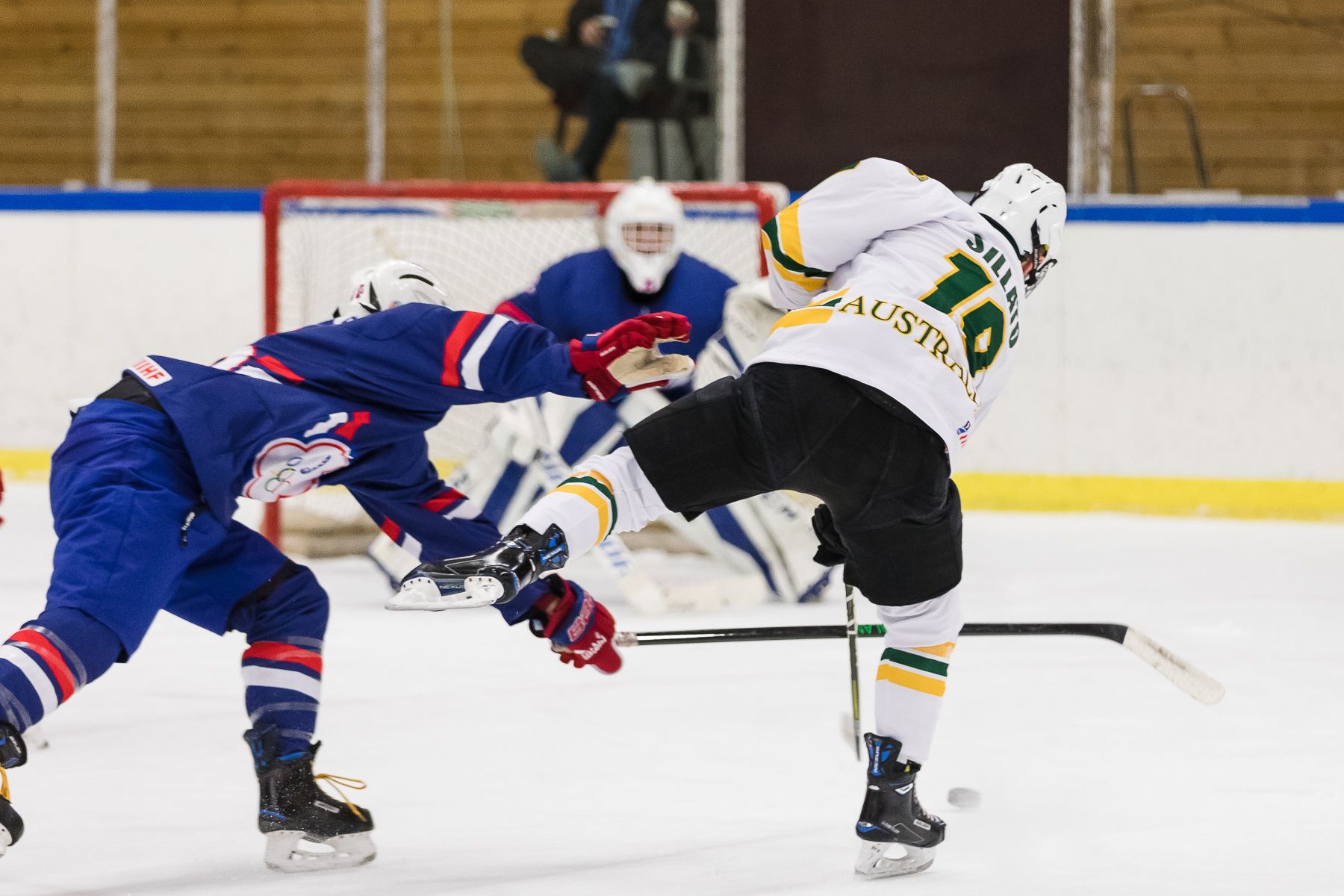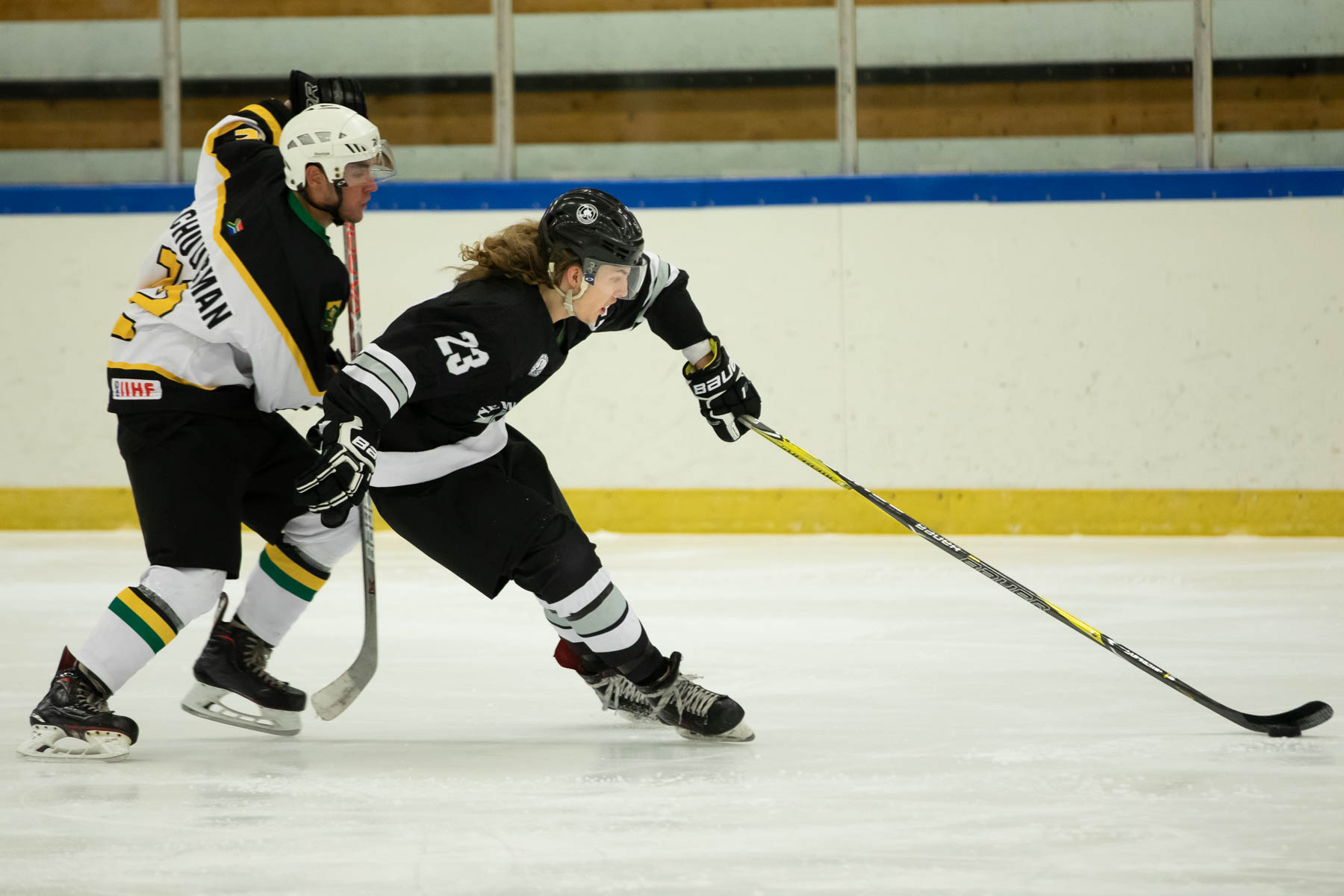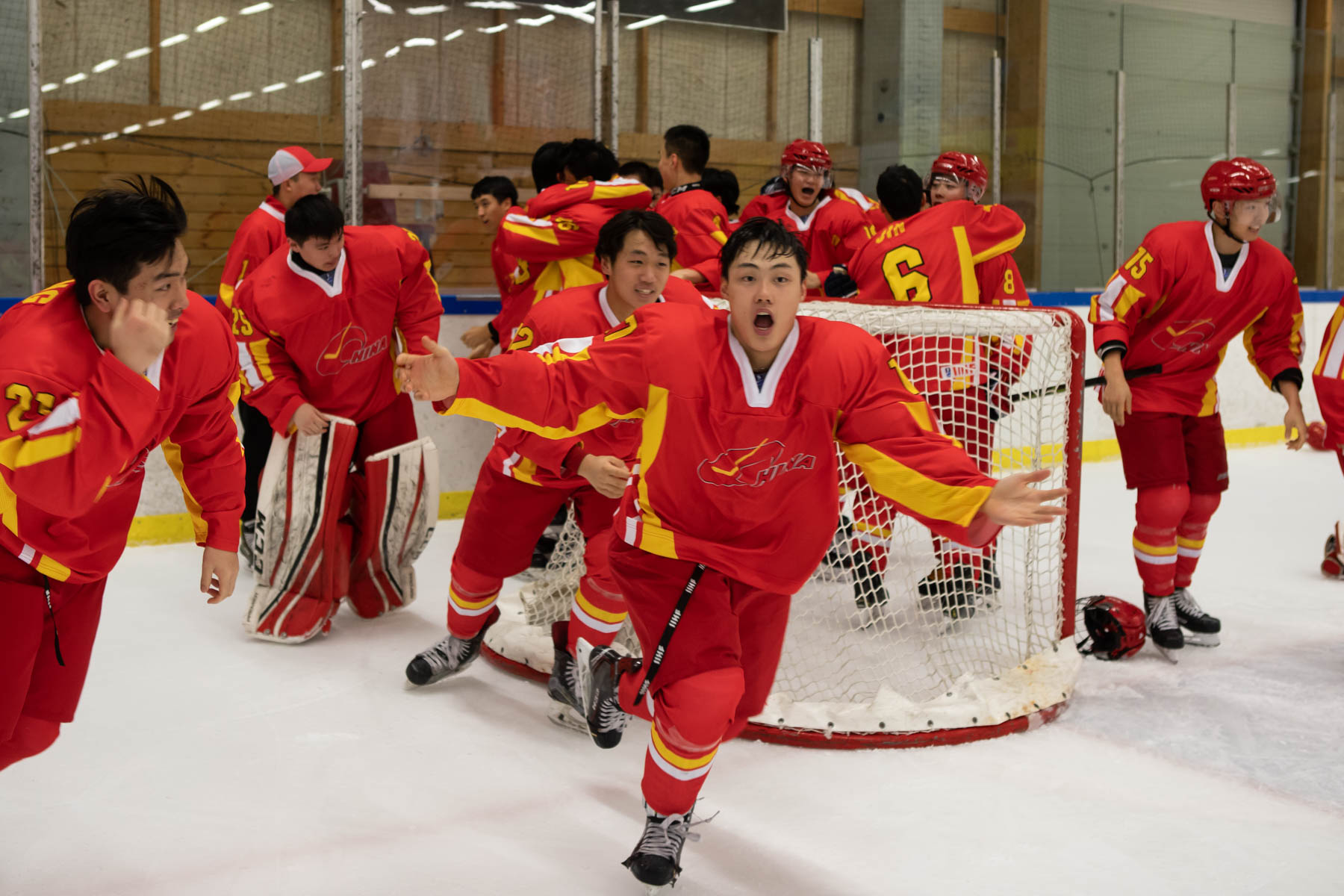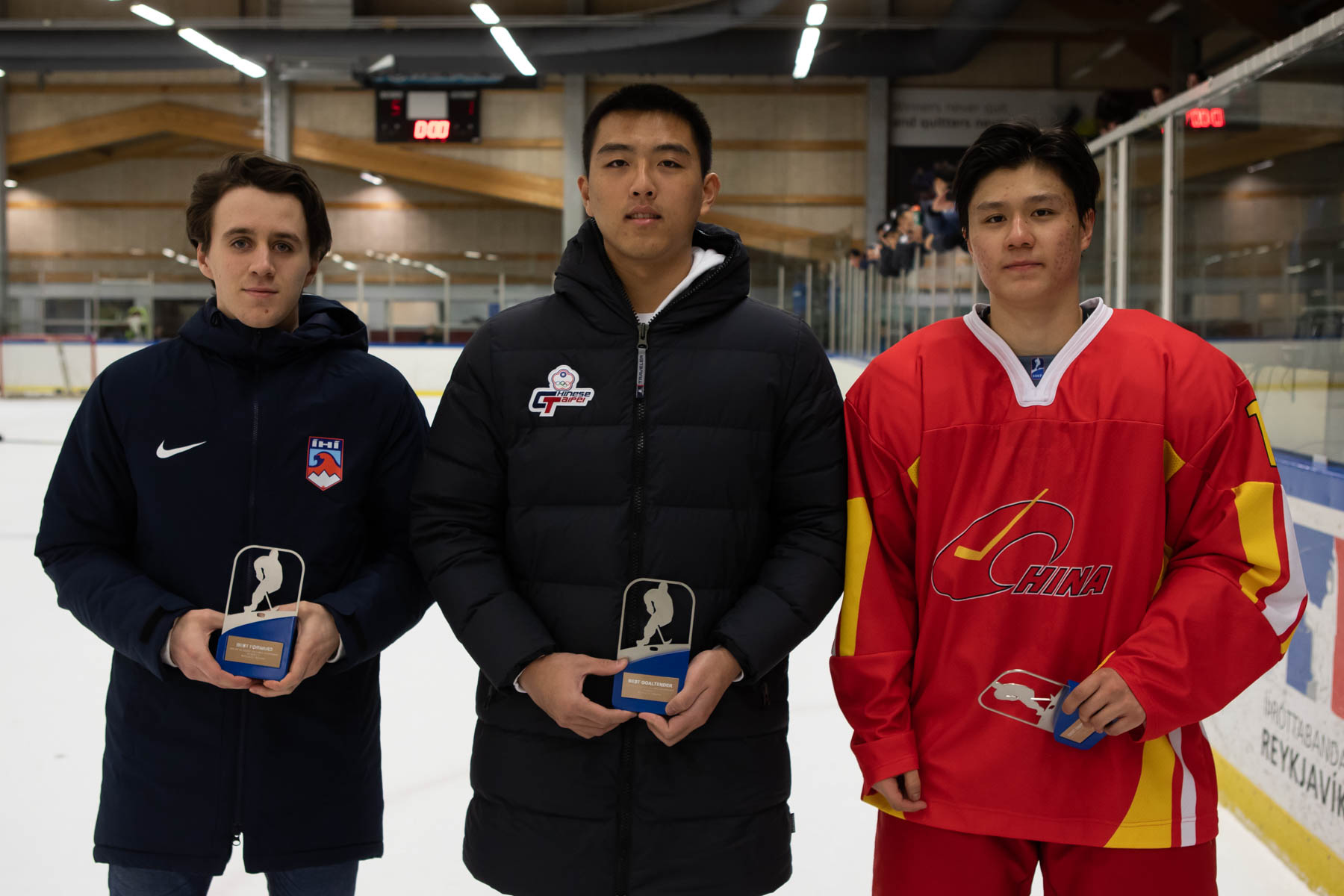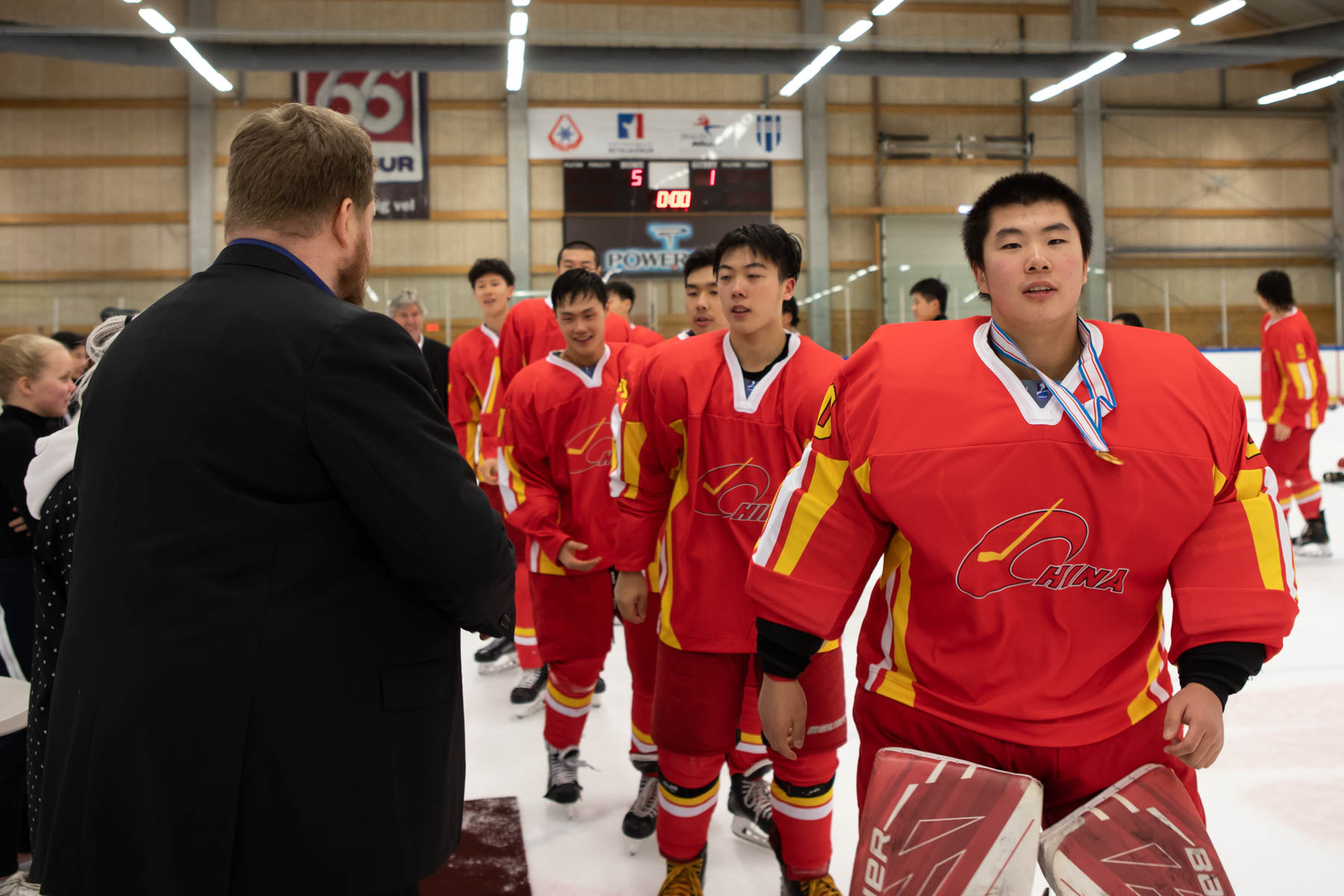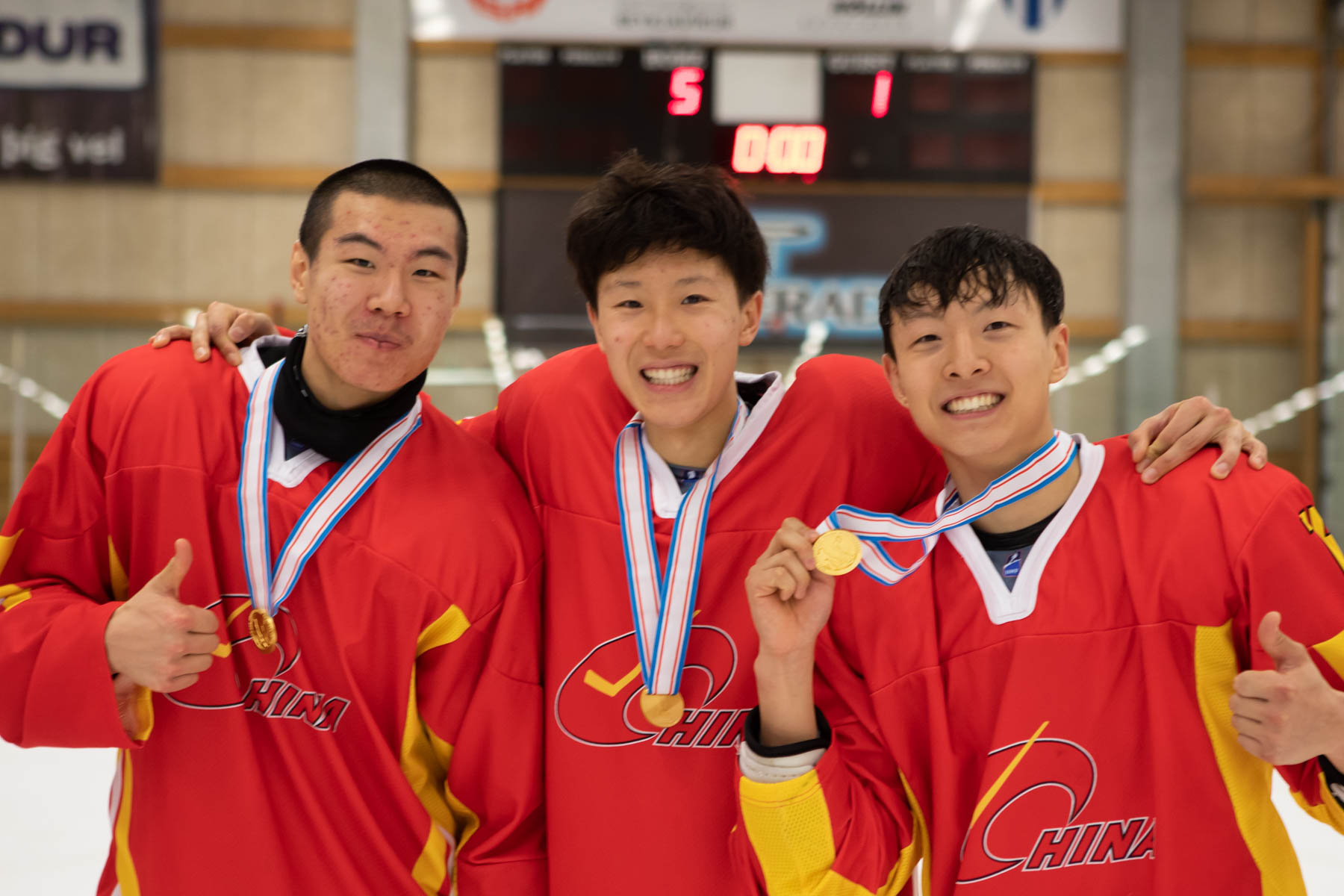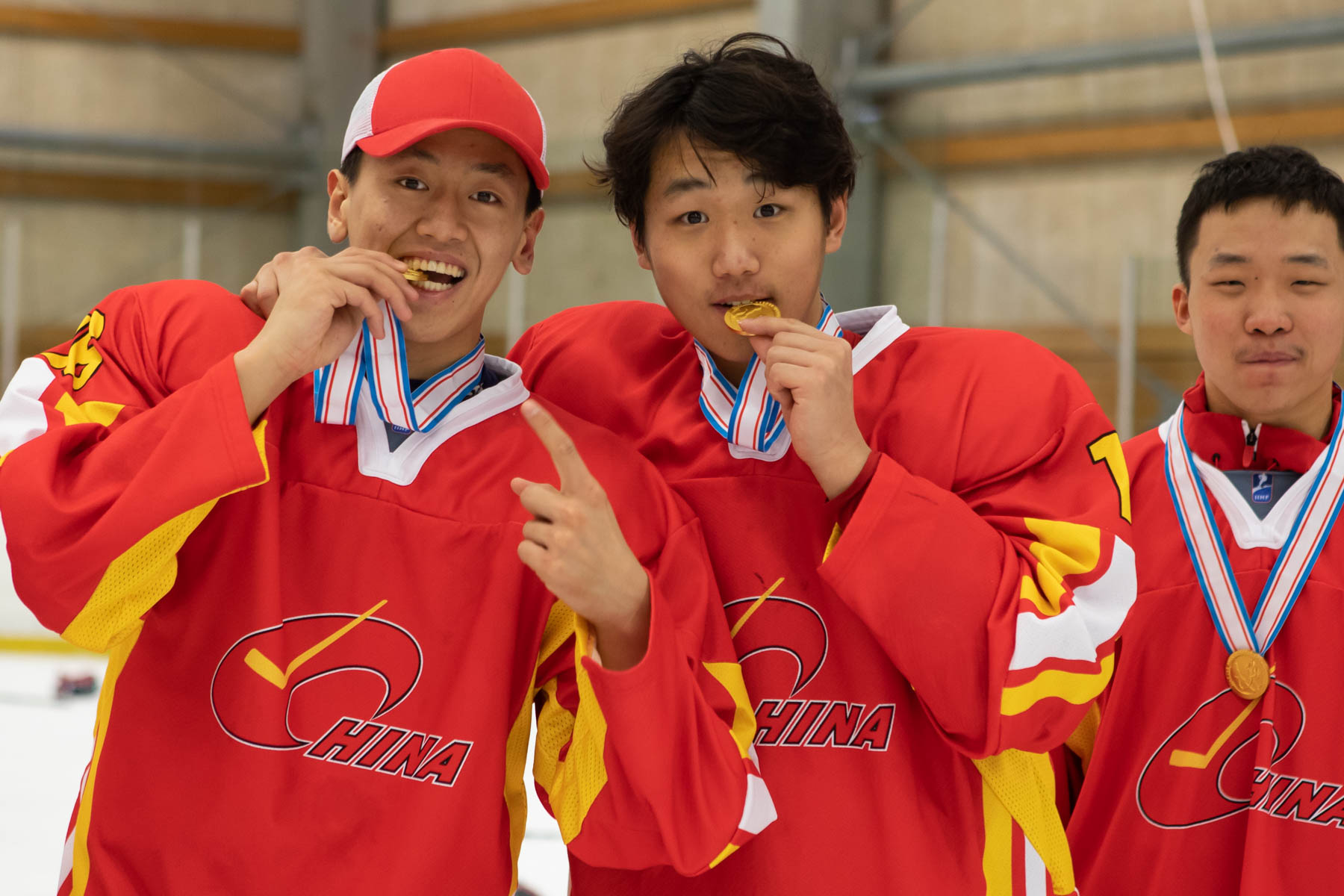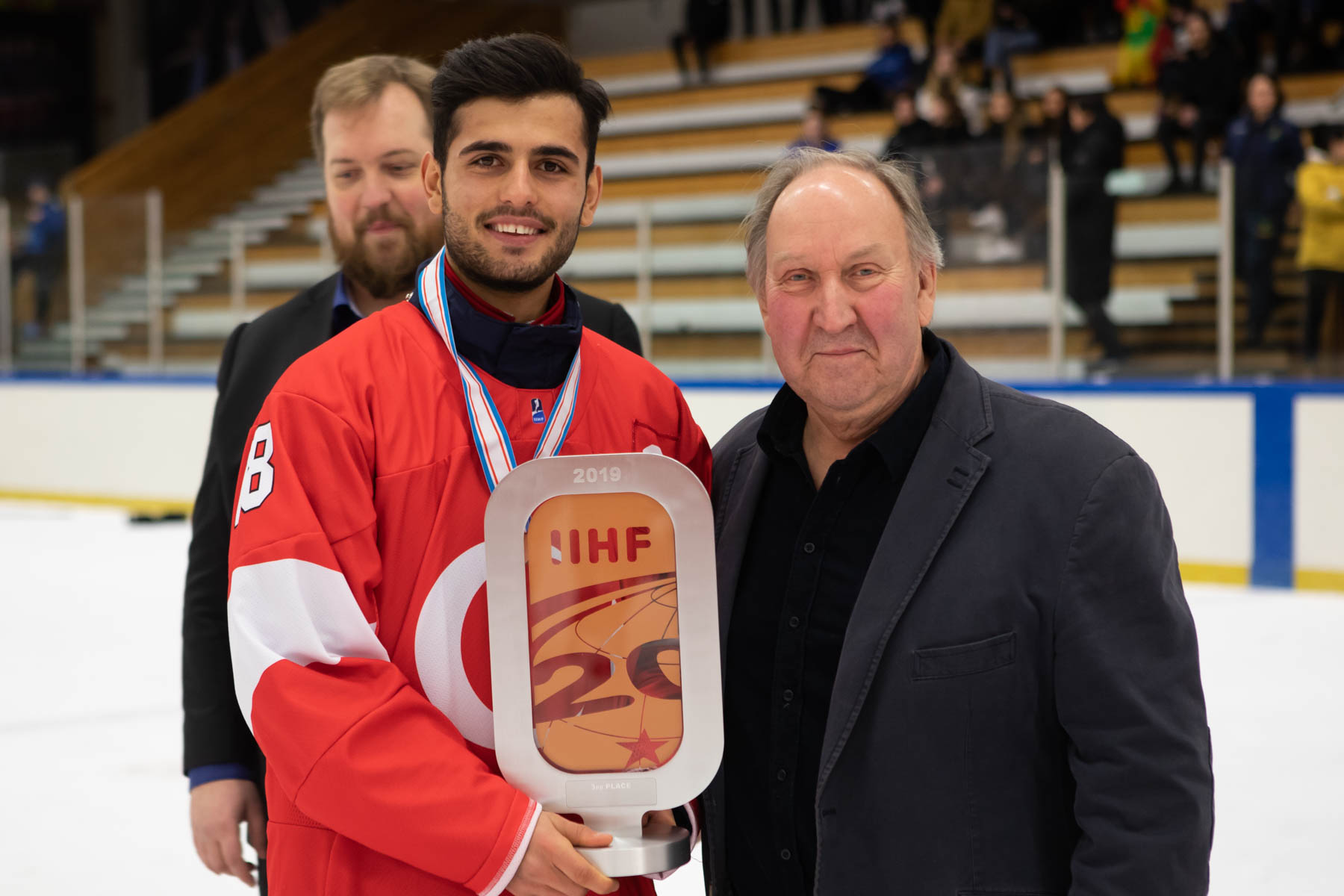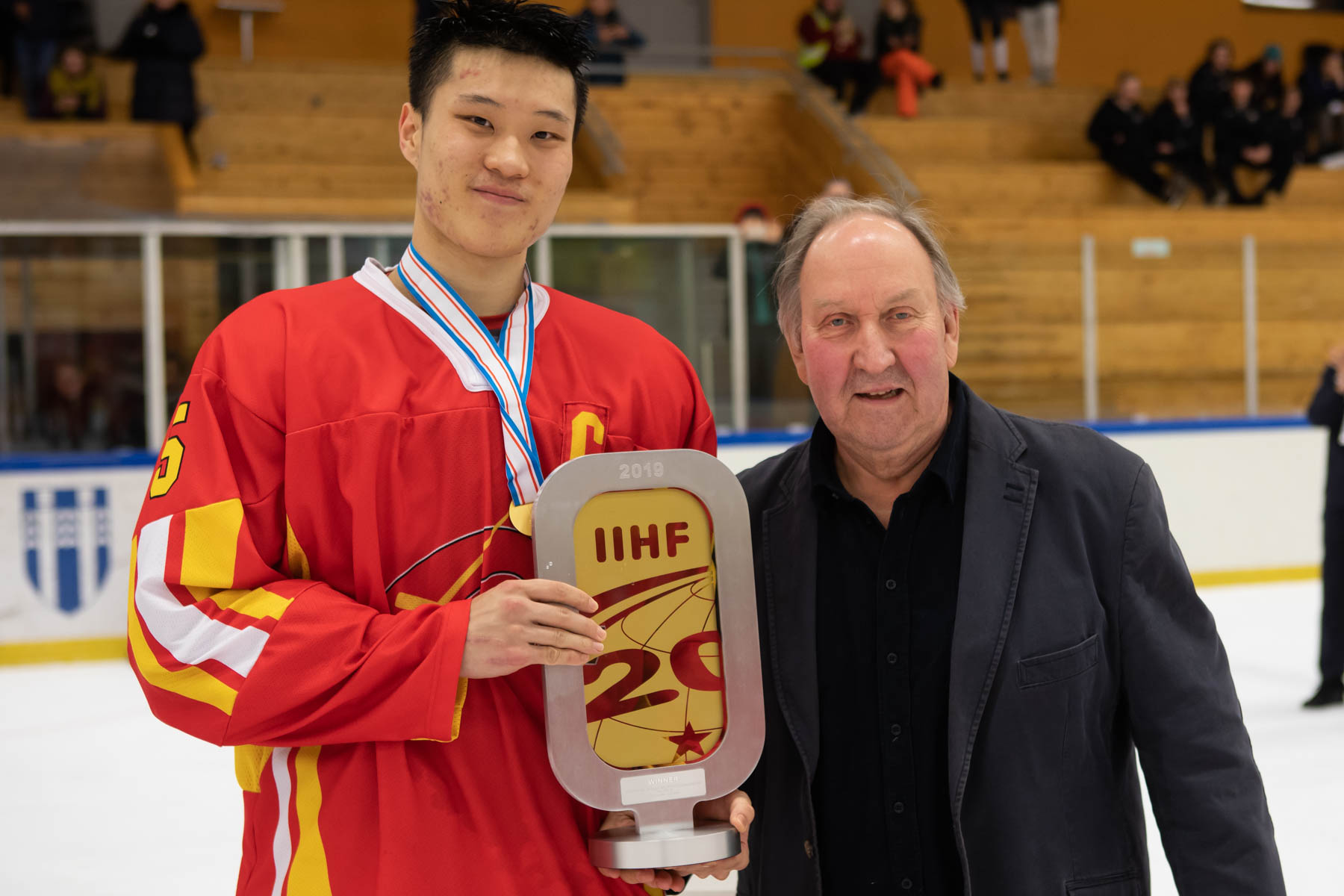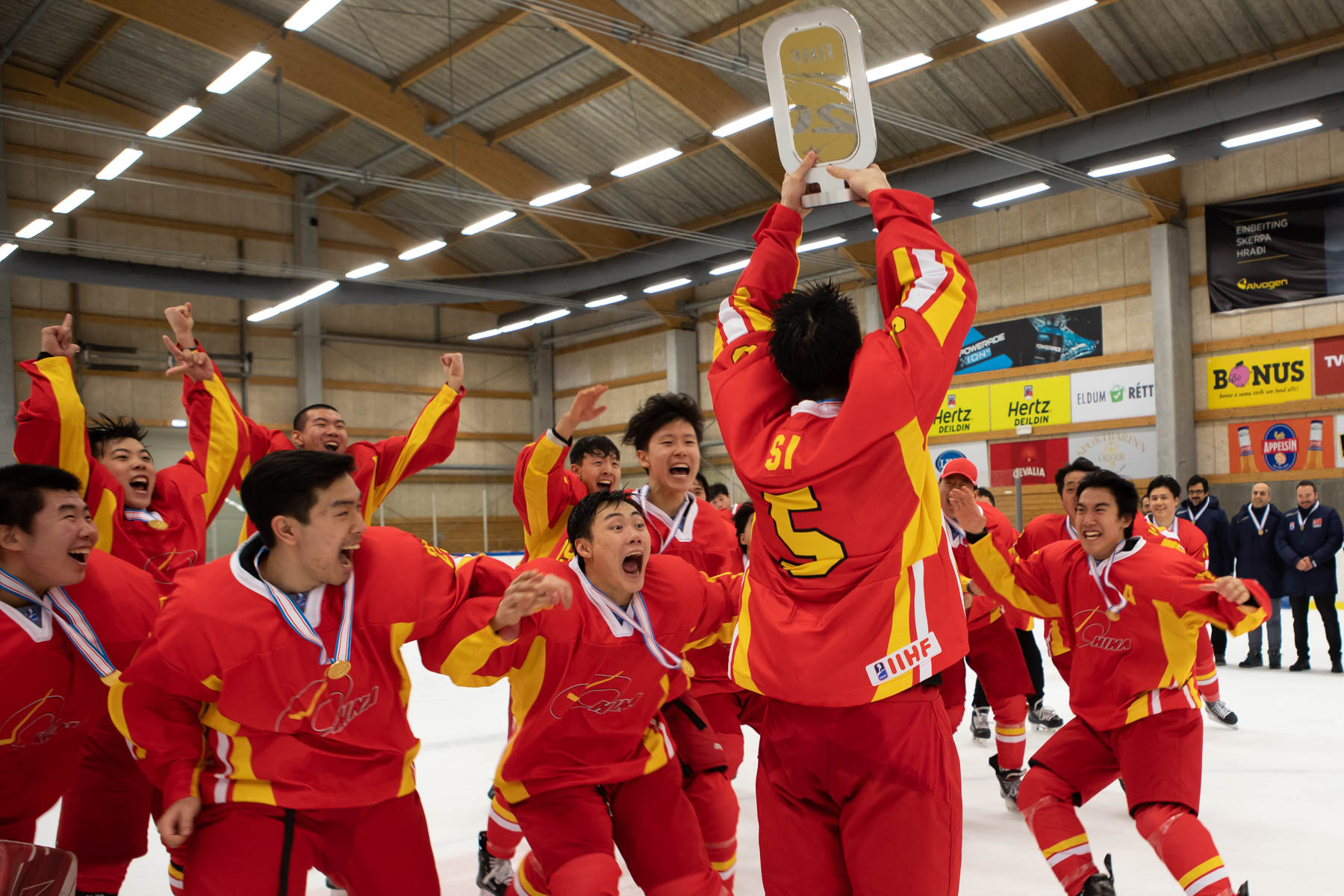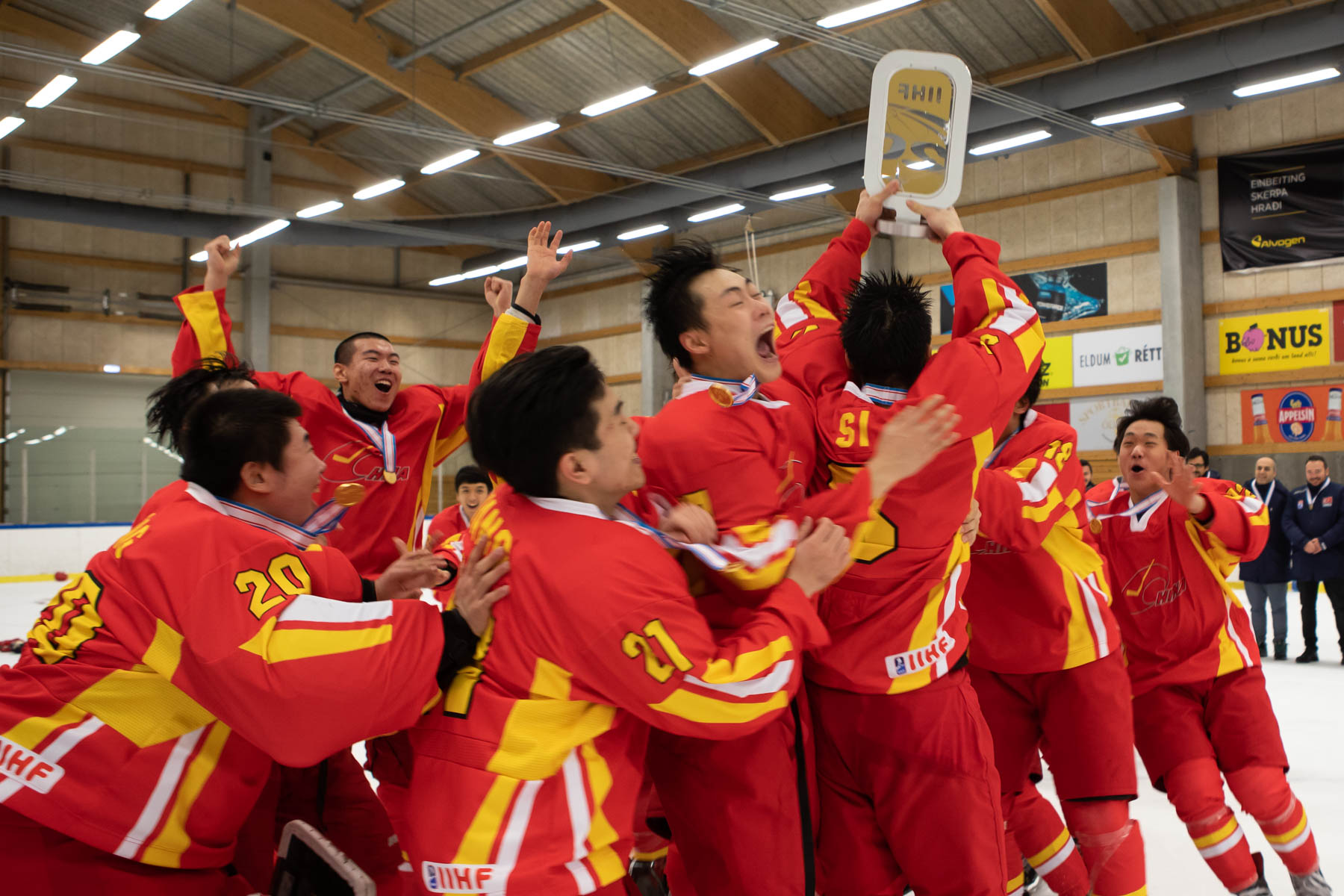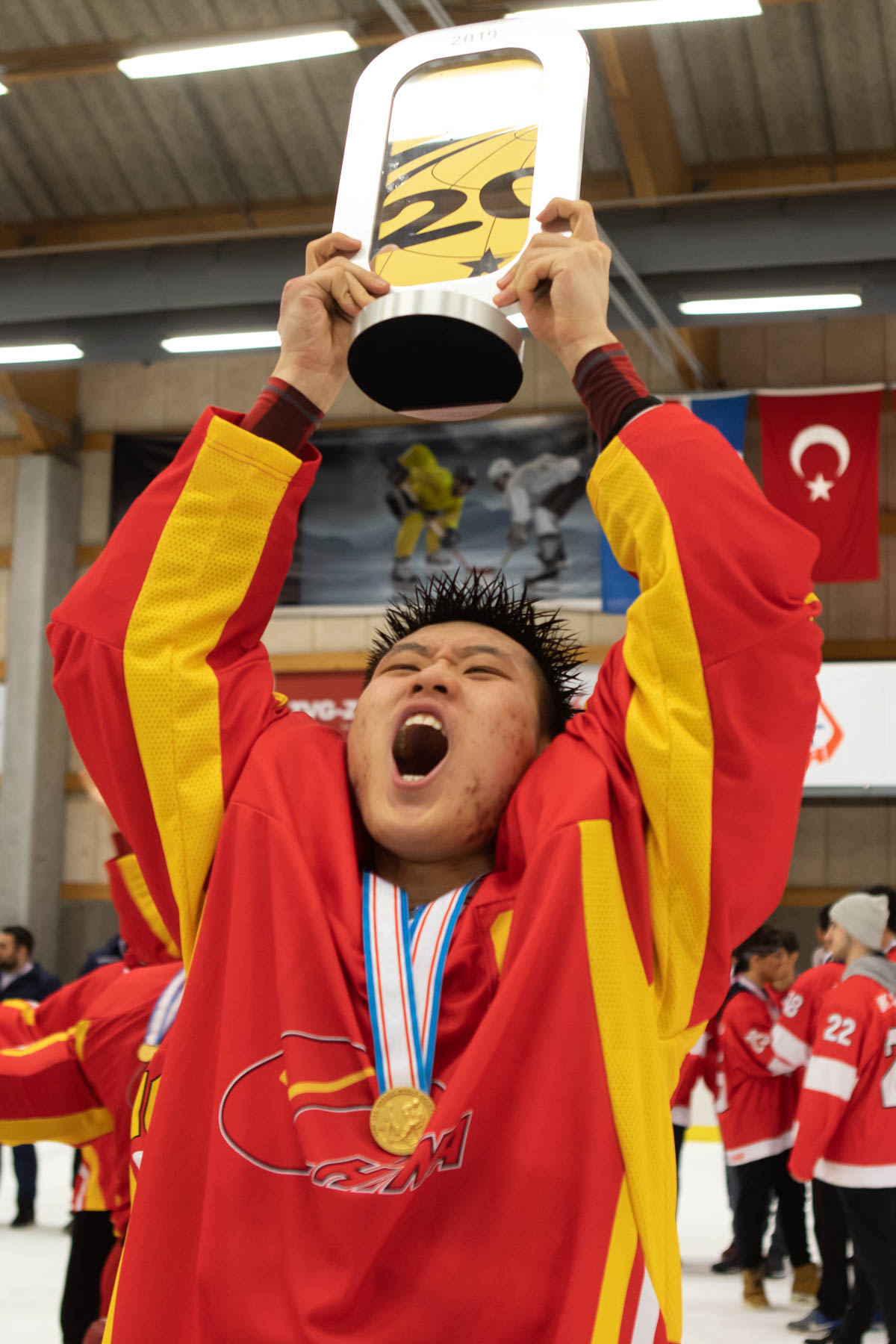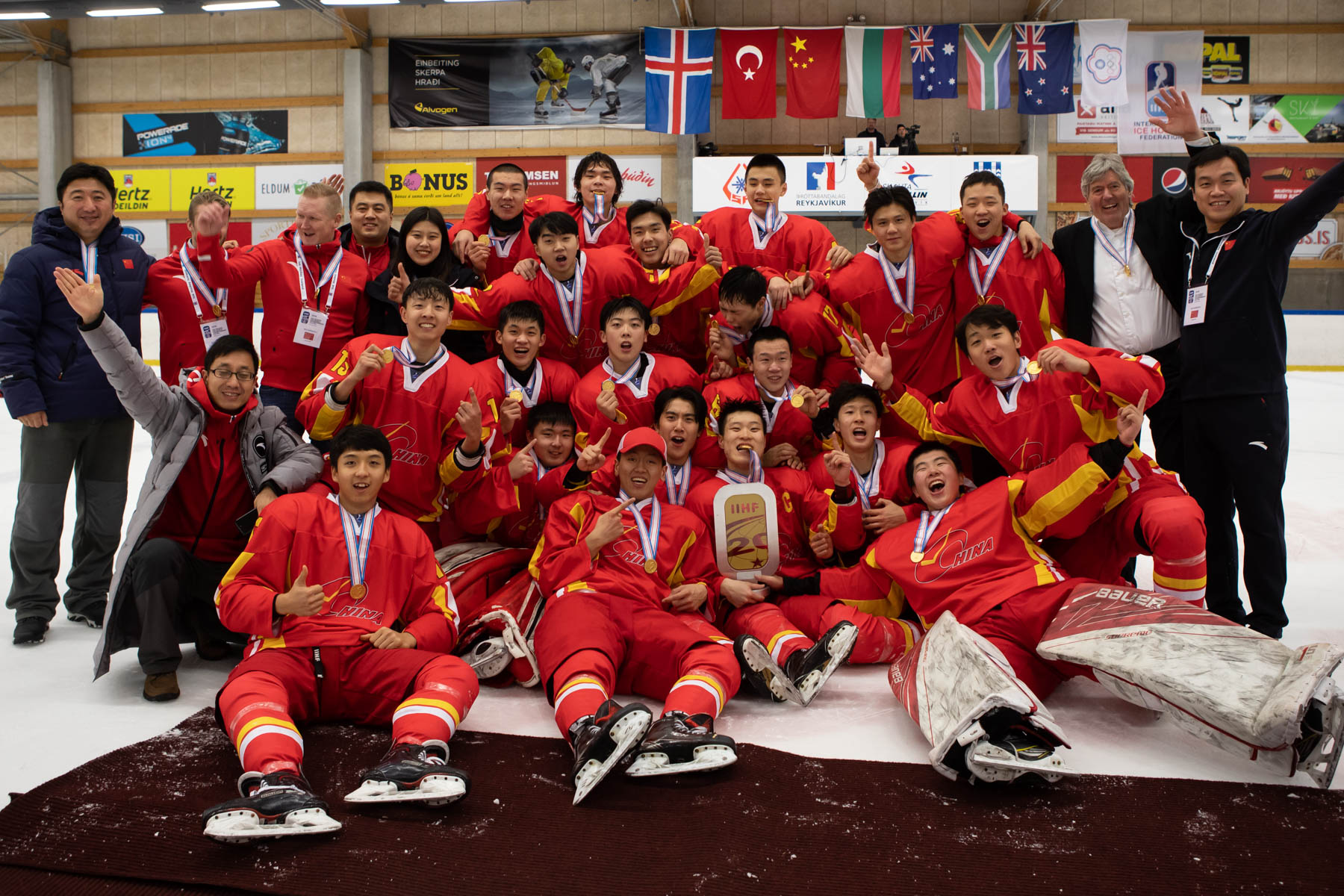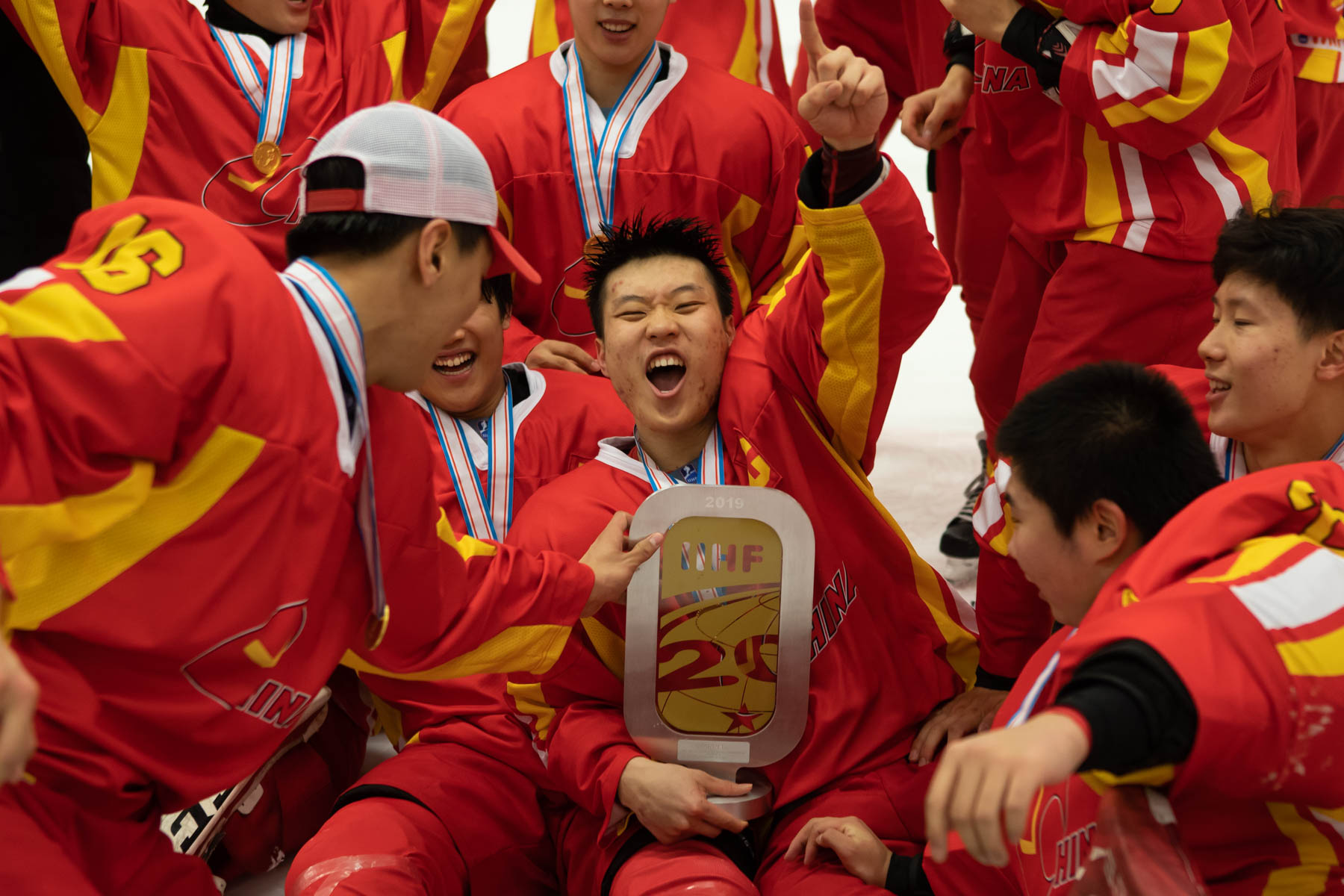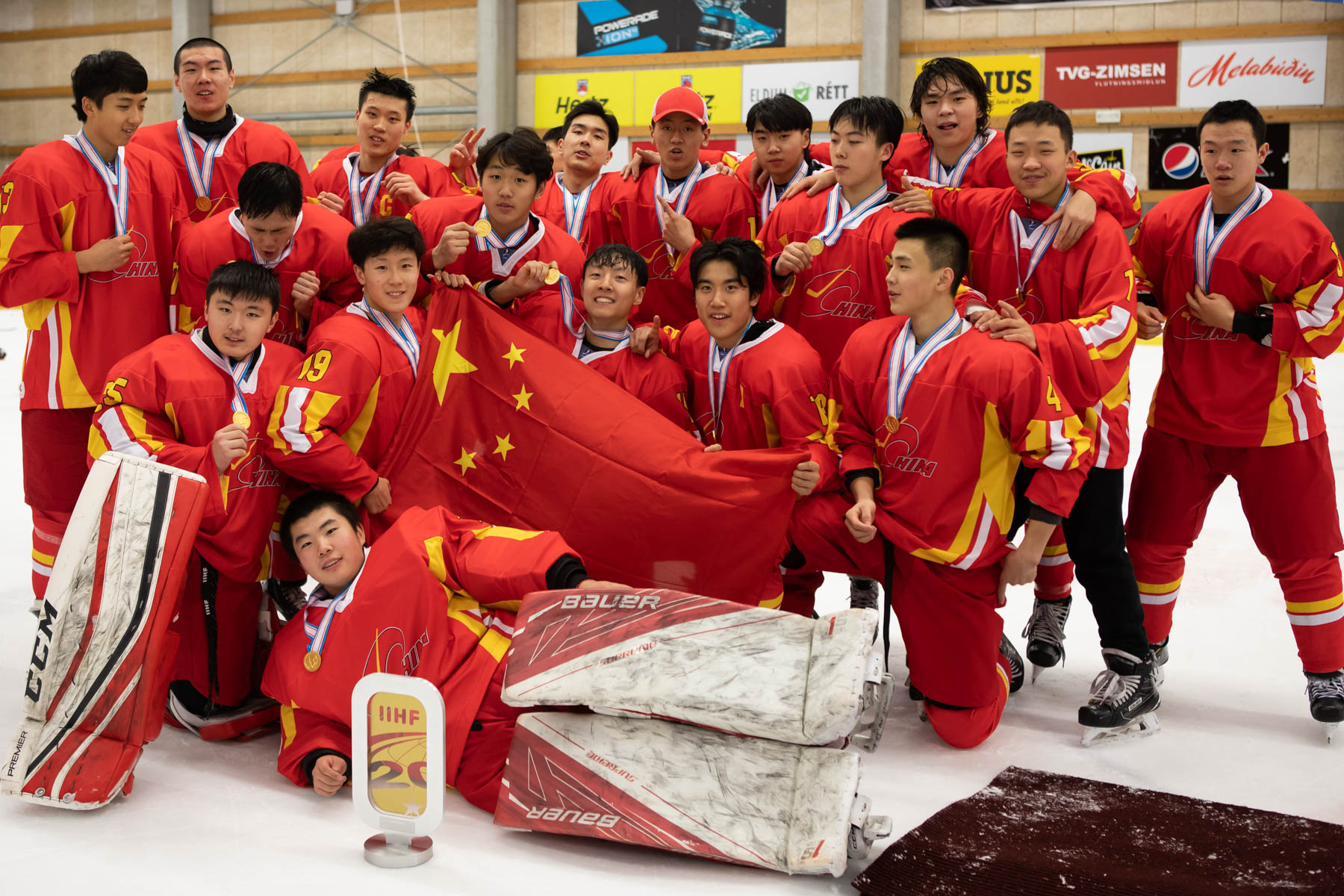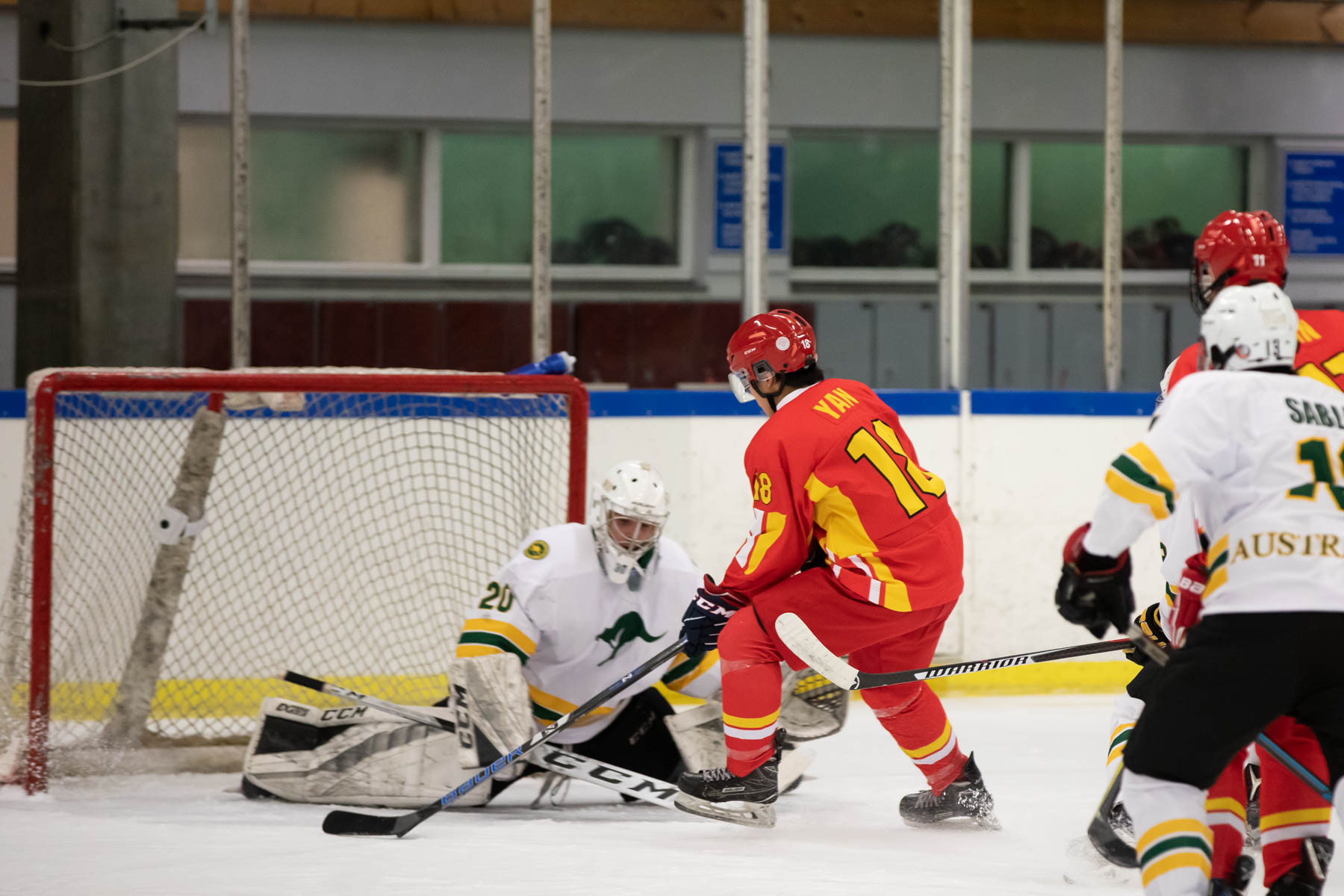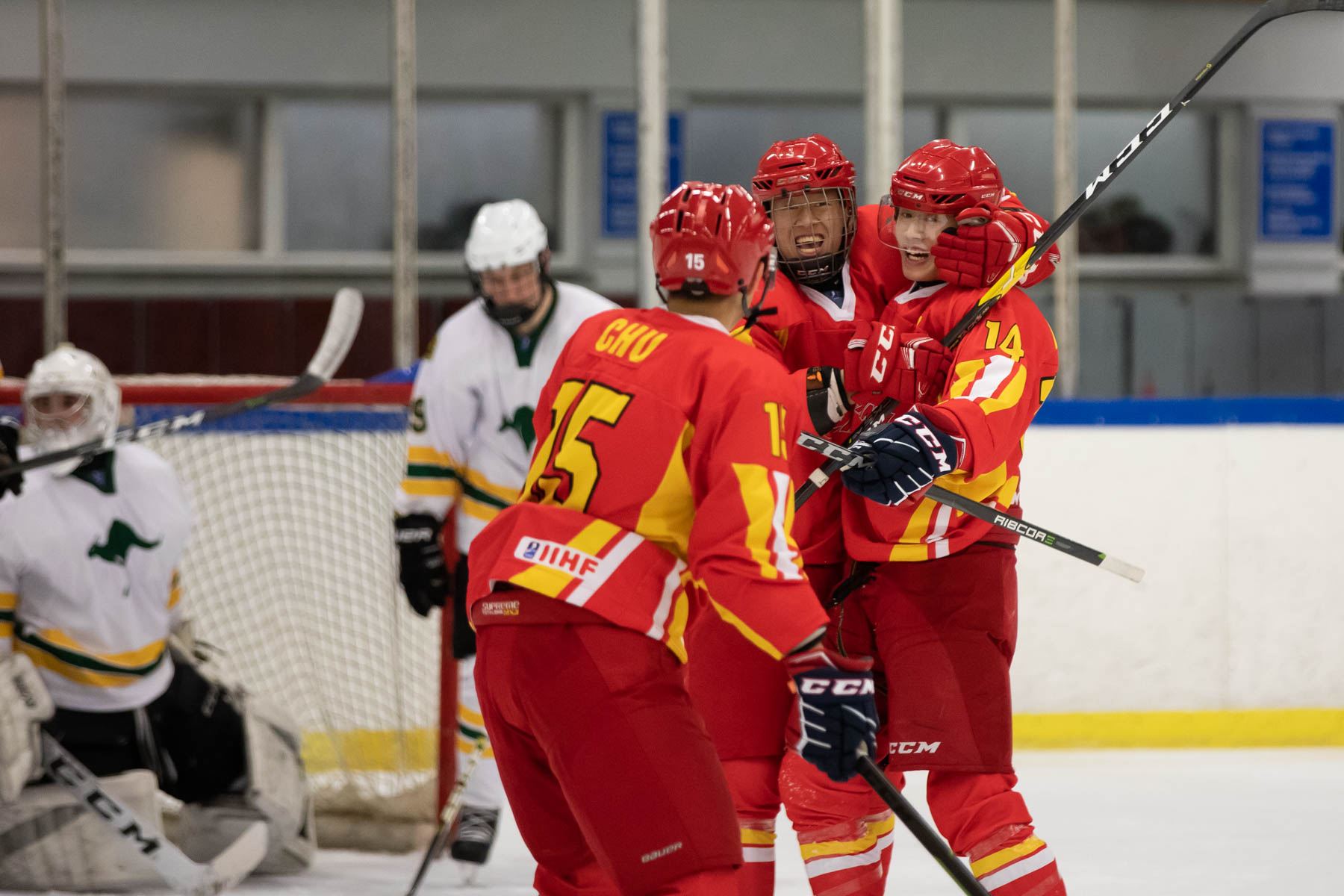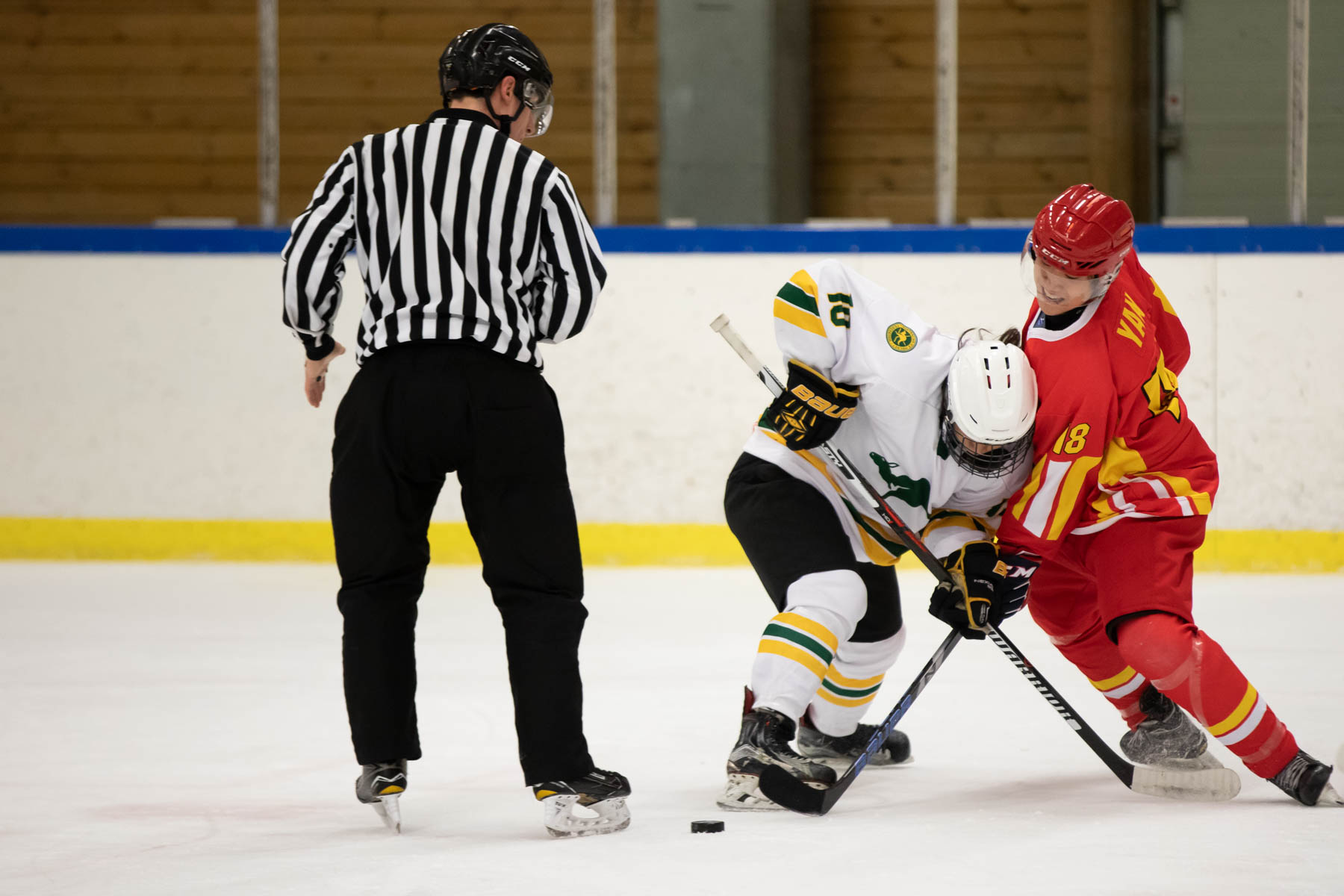Long-time Swiss U20 national team coach Jakob Kolliker led the Chinese U20 national team to promotion.
photo: Gunnar Jonatansson
With the 2022 Olympic Winter Games in Beijing only a few years out, China is looking to rapidly improve their national hockey program, and they’ve turned to IIHF Hall of Famer Jakob Kolliker to take on the task.
In May, the IIHF voted to give China automatic entry to the Olympics as the host nation – a step also taken with Korea in 2018. Now, China needs to justify that automatic qualification. The Chinese Ice Hockey Association also wants to ensure that their men’s and women’s teams are competitive in the tournament, but with those teams currently ranked by the IIHF at 33rd and 20th respectively, getting them up to speed will be a big job with little time left on the clock to do it in.
Now, China has turned to some experienced hockey nations – Canada, the Czech Republic, Finland, Russia, and Switzerland – to lend a helping hand. In some of these countries club teams from China compete in competitions. In other countries China sent teams of players to live and train full-time in those countries in order to take advantage of their well-established hockey programs. One of them is Switzerland where Chinese players are located at the Swiss Federal Office of Sports in Magglingen while having their ice sessions at the rink of nearby Zuchwil.
“Since last October, the CIHA has sent two men's teams to Swiss Sports School Magglingen for six months training, and [sent] one men's team and one women's team to Vuokatti Olympic Training centre in Finland for an eight-month training program,” said Si Liang, the Chinese Ice Hockey Association’s director of foreign affairs. “Through the championships [like the 2019 IIHF Ice Hockey U20 World Championship Division III], we can see that those players from Magglingen and Vuokatti have achieved great progress after three months training and competition.”
In May, the IIHF voted to give China automatic entry to the Olympics as the host nation – a step also taken with Korea in 2018. Now, China needs to justify that automatic qualification. The Chinese Ice Hockey Association also wants to ensure that their men’s and women’s teams are competitive in the tournament, but with those teams currently ranked by the IIHF at 33rd and 20th respectively, getting them up to speed will be a big job with little time left on the clock to do it in.
Now, China has turned to some experienced hockey nations – Canada, the Czech Republic, Finland, Russia, and Switzerland – to lend a helping hand. In some of these countries club teams from China compete in competitions. In other countries China sent teams of players to live and train full-time in those countries in order to take advantage of their well-established hockey programs. One of them is Switzerland where Chinese players are located at the Swiss Federal Office of Sports in Magglingen while having their ice sessions at the rink of nearby Zuchwil.
“Since last October, the CIHA has sent two men's teams to Swiss Sports School Magglingen for six months training, and [sent] one men's team and one women's team to Vuokatti Olympic Training centre in Finland for an eight-month training program,” said Si Liang, the Chinese Ice Hockey Association’s director of foreign affairs. “Through the championships [like the 2019 IIHF Ice Hockey U20 World Championship Division III], we can see that those players from Magglingen and Vuokatti have achieved great progress after three months training and competition.”
A Swiss legend takes the reigns
The Swiss partnership is what turned China on to Jakob Kolliker. According to Si Liang, the Swiss Ice Hockey Federation recommended Kolliker, who now runs the two Switzerland-based training teams, and recently coached the Chinese men’s under-20 team to a dominant victory at the 2019 IIHF Ice Hockey U20 World Championship Division III in Reykjavik, Iceland.Kolliker’s international credentials are undeniably impressive. He was the head coach of the Swiss under-20 team from 1999 to 2010, assisted Ralph Krueger on the men’s national team and then was the head coach of the German men’s team for the 2011/12 season. As a player, he also competed in two Olympic Winter Games for Switzerland in 1976 and 1988. In 2007, he was inducted into the IIHF Hall of Fame. At that time, no Swiss player had participated in more international games. Now, the Chinese Ice Hockey Association is confident that his world-class experience makes him the right man to turn their fledgeling men’s hockey program into a legitimate Olympic competitor.
The six months that Kolliker mentors the teams in Switzerland are intense – a necessity when trying to accomplish such great strides in such a short time frame.
For six months straight, the teams have “[two], or three times practice on-ice and off-ice, and we practice every day, and we play also games,” said Kolliker. “We’ve played around 28 games so far.”
The Swiss coach acknowledged that there are certainly some challenges to coaching a program so early in its development compared to the Swiss and German teams he’s coached in the past, but was quick to point out that in the end, the job is essentially the same.
“The rules stay the same. Hockey is hockey…if we keep them on the right tracks, they’ll become good players, I’m sure. But we have to work. We have to give good opportunities to play also, not only to train, and that will be the key in the future.”
Life in the net
What does it look like from the net? Watch some sequences from the recent 2019 IIHF Ice Hockey U20 World Championship Division III in the Icelandic capital of Reykjavik from another perspective. China won the tournament in a final against Australia.
While the Chinese Ice Hockey Association certainly has an eye on 2022, their long-term goals extend well beyond. Eventually, they’d like to be able to compete with the premier ice hockey nations on a regular basis. If there’s one country with the willpower and resources necessary to pull off such a feat in short order, it’s probably China, and Kolliker believes that 10 to 15 years is a realistic time frame for the program to reach maturity if the Chinese maintain a strong commitment to the game.
“Every country can reach this level, but it needs time, needs good structure, needs a good federation…a good junior league, more junior leagues,” said Kolliker. “If they take the time and they make a good set-up for their own youth…then they can reach [this level] in the next 10 or 15 years.”
Their men’s U20 team is certainly off to a good start. In 2017 and 2018 the team was edged out of advancement from DIII – first by Turkey and then by Israel. The 2019 team ripped that monkey off their backs with authority, leaving no doubt as to who the top team in the tournament was. They outscored their opponents 49-5 in five games, and the closest score was their 5-1 win over Australia in the gold medal game. The top five scoring leaders were all Chinese, as was the leader in goals-against-average and save percentage.
“Every country can reach this level, but it needs time, needs good structure, needs a good federation…a good junior league, more junior leagues,” said Kolliker. “If they take the time and they make a good set-up for their own youth…then they can reach [this level] in the next 10 or 15 years.”
Their men’s U20 team is certainly off to a good start. In 2017 and 2018 the team was edged out of advancement from DIII – first by Turkey and then by Israel. The 2019 team ripped that monkey off their backs with authority, leaving no doubt as to who the top team in the tournament was. They outscored their opponents 49-5 in five games, and the closest score was their 5-1 win over Australia in the gold medal game. The top five scoring leaders were all Chinese, as was the leader in goals-against-average and save percentage.
Development and recruiting at home and abroad
At home, China is going all-in on expanding the game at all levels. At the pro level, a domestic professional league is set to be launched later this year to give top-tier Chinese talent a place to compete at home. That’s important since, while the Kunlun Red Star men’s team has competed in the Kontinental Hockey League since 2016 (the women’s KRS team competes in the Canadian Women’s Hockey League), there is currently only one Chinese-born player on its roster, third-string goalie Zehao Sun, who has played only a single game.On the grassroots development side, China has an audacious plan in place that they call the “10+100+1,000+10,000” program. That program is designed to introduce hockey to Chinese school campuses, and according to Si Liang, the goal is “…to build up ice hockey teams in 10 universities, in 100 high schools, in 1000 middle schools and 10000 in primary schools all over China.”
In addition to their domestic recruiting, part of China’s rapid-development strategy also includes reaching out to ex-pats living and playing in more traditional hockey nations. Two standout players in this year’s U20 World Championship Division III were goaltender Wu Siming and forward Yan Juncheng, the tournament’s leading scorer. Wu, who goes by Sean in Canada, plays for the Toronto Young Nationals of the Greater Toronto Hockey League. Yan, known to his teammates as Eddie, plays for the Junior-A Victoria Grizzlies of the British Columbia Hockey League. At 17 and 18 years old respectively, both are strong candidates to suit up in the red and gold in 2022.
Since 2017, China has also been hosting recruitment camps in North America for both their men’s and women’s teams. These camps require players only to be of Chinese descent, with the aim of naturalizing those selected and bringing them to play in China to meet the IIHF’s eligibility requirements. Those camps have attracted a number of talented male and female players, some of which are now playing in the Kunlun Red Star organization.
Looking to 2022 and Beyond
While it isn’t realistic to expect the Chinese team to be a medal competitor in Beijing in 2022, the country is making admirable progress in getting their hockey players ready to compete at the Olympic level. With years to go, it’s impossible to say how the final product will turn out, but it is a certainty that the overall state of Chinese hockey will be leaps and bounds ahead of where it is today when the Chinese players march into the opening ceremonies in 2022.In 2015, Song Andong became the first Chinese-born player to be selected in the NHL draft, when the New York Islanders took him 172nd overall. With the NHL now committed to promoting the game and building hockey infrastructure in China, and with the ambitious “10+100+1000+10000” program underway, one has to think that, in a nation of 1.4 billion people, it’s only a matter of time before the hockey equivalent of Yao Ming arrives and sends the game’s popularity in China through the roof.
If that happens, and if the 10-15 year timeline holds true, China could potentially become a major player in the game. But that’s a long way out, and for now, the Chinese Ice Hockey Association and Coach Kolliker are more than happy to savour the team’s dominant win in Reykjavik.
2019 IIHF Ice Hockey U20 World Championship Division III
OF



